300 Hour Hatha and Ashtanga Vinyasa Yoga Teacher Training


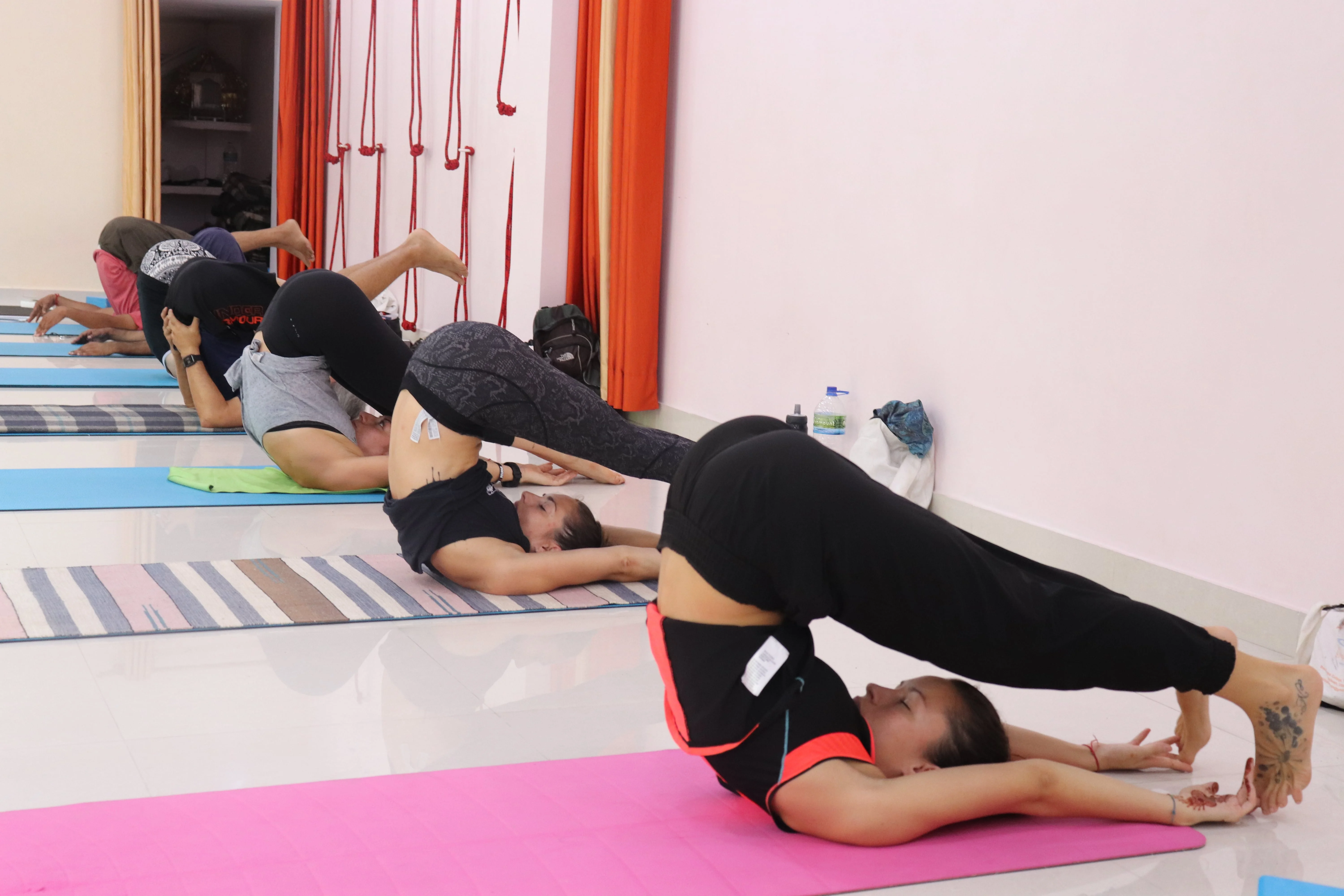
Ayuruniverse Verified
300 Hours Yoga Teacher Training
Rishikesh, India - RYT 500 Yoga Alliance
We welcome you to join our yoga school Yoga Vidya Mandiram centered in the magical Himalayan Valley of Rishikesh, India. Our mission is to spread peace, health and joy, which can be achieved through yoga. All walks of life are welcome to learn how yoga leads an individual to a healthy body and lifestyle, and also how yogic philosophy can help in maintaining a peaceful mind and a serene spirit.
The intensive yoga course is dedicated to impart, guide and train the students in yogic teach learning to cultivate a harmonious lifestyle and acquire deeper life changing experiences.
Our 300 hour Yoga TTC is a continuation training from the 200 Hours Yoga TTC. Our TTC is a multi-style yoga teacher training course that follows Yoga Alliance USA standards. After your completion of the course, you will be eligible to register as an RYT 500 (Registered Yoga Teacher) under Yoga Alliance.
Who Should Apply for 300 Hour Yoga TTC?
This 300 Hour Yoga TTC is designed and perfect for the students who:
- Has completed the 200 Hours Yoga TTC under Yoga Alliance, USA
- Desires to further their yoga studies for personal development & spiritual growth
- Desires to teach advance groups
- Desires to be registered as RYT500 on Yoga Alliance, USA
300 Hour Yoga Teacher Training Course at our yoga School Yoga Vidya Mandiram is offered from a worldwide known organization Yoga Alliance, USA. After the successfully completing the program, the students will receive a 300 RYS (Registered Yoga School). After which they can get registered at Yoga Alliance USA and become a 500 RYT (Registered Yoga Teacher).
Highlights - 300 Hour Yoga Teacher Training
- 27 night’s non-AC accommodation.
- 3 Daily nutritious vegetarian meals (no eggs)
- Sankhya and yoga philosophies
- Daily Hatha-yoga & Ashtanga-yoga classes
- Daily Mantra recitation guided & Karma Yoga
- Daily Relaxation & meditation practices
- Shat-kriya & Daily guided breathing and pranayama practices
- Yoga anatomy & physiology workshops
- Yoga practicum/practice teaching Instructions to teach and guide others
- Excursion to nearby holy temples and shrines
- 300-hours yoga TTC Certificate from Yoga Alliance, USA
Course Content Overview
300 Hour Yoga Teacher Training
Mantra chanting
- Intro to Mantra science
- Basic mantras: aum, gayatri, trayambakam, guru, shanti, etc.
- Morning prayers and evening prayers
- Meal prayers
- Study prayers
- Health prayers
- Surya-namaskara 12 mantras along with bija mantras
- 1-20 Sanskrit counting
- Names of the asanas
- Selected yoga-sutras recitation
Hatha Yoga & Ashtanga Vinyasa Yoga
- Meditative steps of performing the hatha yoga; centering, entering, refining, holding, coming out, and reflection
- Astanga vinyasa flow - series 1 & 2
- Surya namaskar (sun salutations) - dynamic surya namaskar, surya namaskar with breath awareness, surya namaskar with bija-mantra chanting
- Modifications of yoga asanas
- Types of yoga asanas - standing, sitting, backward bending, forward bending, spinal twisting, fire series, inversion, shavasana, etc.
- Alignment and art of adjustment
- Preventing common injuries
- Counter pose
- Contraindications
- Yoga asanas benefits
Pranayama (Science of Breath)
- Introduction to science of breath
- Physiology of pranayama
- Postures for pranayama
- Establishment of diaphragmatic breathing
- 1:1, 1:2 and 1:4 breathing practices
- Different practices of pranayama: nadi shodhana, ujjayee, kapalabhati, bhastrika, shitali, shitkari, brahmari, and anuloma viloma, suryabhedi, and various types of kumbhaka pranayama and others
- Benefits or pranayama practices
- Guidelines for regular pranayama
Bandhas (Lock)
- Jalandhara-bandha (chin lock)
- Uddiyana-bandha (abdominal lock)
- Moola-bandha (root lock)
- Maha-bandha (great lock)
Mudra Vijnana (Science of Graceful Gestures)
- Intro to mudras and their importance in yoga practices
- Mudra and its psychology
- The elements residing in the fingers and five mudras: akasha-mudra, jnana-mudra, agni-mudra, varuna-mudra, and prithvi-mudra
- Other important mudras: dhyan-mudra, prana-mudra, apana-mudra, linga-mudra, shunya-mudra, vishnu-mudra, bhairava-mudra, and hridaya-mudra
Satkarma (Cleansing Practices)
- Jala-neti
- Sutra-neti
- Kunjala
- Trataka
- Agnisara
- Nauli
Practice Relaxation and Yoga Nidra
- Introduction to the concept and practices of relaxation
- Relaxation in daily life
- Sequence of relaxation
- Tension and relaxation exercises
- Systematic relaxation exercises
- 31 points relaxation exercise
- 61 points relaxation exercise
- Preparation for yoga-Nidra
- 61 blue star relaxation
Meditation
- What is meditation and what is not?
- Meditation in daily life
- Yoga asanas for meditation 2-5 minutes meditations
- Steps into basic meditation
- So-ham mediation
- Mantra and meditation
- Spinal breath Sushumna breathe through chakras
Yoga Anatomy and Physiology
- Introduction to Yoga anatomy and physiology
- Systems: Digestive system, Circulatory system, Respiratory system, Muscular system, Nervous system, Endocrine system, Skeletal system, Excretory system, Lymphatic system, Homeostasis
- Stress: Introduction
- Humoral theory (in ancient Indian medicine, Greek medicine, and modern medical science)
- The Brain and its subcortical centers
- Stress and Neuro-endocrinal changes
- Therapy principles for stress disorders
- Stress management through yoga: Asana (physical postures), Pranayama (breathing practices), Dhyan (meditation)
- Effect of yoga posture on muscles and systems
- Nadis (energy channels)
- Chakras (energy plexus)
- Pancha tattva (five great elements)
- Panchakosha (five sheaths)
- Pancha pranas (five vital energy)
Yoga Philosophy, Life-style and Yoga Ethics
- General introduction: six schools of Indian philosophy
- Philosophy in daily life
- Elementary intro to Samkhya and Yoga philosophies
- The Yoga-sutras of Patanjali
- History of Yogic science
- Astanga-yoga: yama, niyam, asana, pranayam, pratyahara, dharana, dhyana, and samadhi
- Introduction to Vedanta (Yoga of the Upanishads)
- The yoga of the Bhagavad-gita
- The tantric yoga
- Yoga Ethics: Yamas and Niyamas, More on the ethics of a teacher
- Daily life style of a sadhaka
Yoga and Ayurveda (Science of Life)
- Intro to Ayurveda
- Philosophy of Ayurveda
- The concept of tri-dosha
- The concept of tri-gunas
- Ayurveda and the balanced diet
- Balance of the mind and body through proper diet as prescribed in Ayurveda
Teaching Methodology
- Learning to instruct and guide
- Main points: Teaching to what you observe, timing a class, greeting / centering, sequence in teaching
- Theme-ing a specific posture
- Classroom Organization
- Demonstration
- Health Concerns
- Language
- Modification in Posture
- The role of a teacher
- The practice and service of teaching yoga
Yoga Practicum
- Class sequences
- Develop intention for classes
- Self-evaluation
- Assignments
- Practice teaching
- Feedback
- Group discussion
- Questions and answers
- Homework
Daily Schedule
We follow a tight daily schedule to ensure that our students get the most out of yoga teachings and practices during this short yoga teacher training (YTT) program. It is encouraged to take full rest every night by sleeping early as part of your practice and to maintain health and focus throughout the program.
» 06:15 am - 06:30 am - Mantra Chanting
» 06:30 am - 07:30 am - ShatKarma / Pranayama / Mudras / Bandhas (Theory & Practices)
» 07:30 am - 09:00 am - Hatha Yoga Session & Practice Teaching
» 09:00 am - 10:00 am - Breakfast
» 10:00 am - 11:00 am - Yoga Philosophy
» 11:00 am - 12:00 am - Yoga Anatomy & Physiology
» 12:00 pm - 12:30 pm - Karma Yoga
» 12:30 pm - 13:30 pm - Lunch
» 13:30 pm - 16:00 pm - Self-Study / Silence Practice / Self-Journaling / Free time
» 16:00 pm - 16:30 pm - Tea break
» 16:30 pm - 18:00 pm - Ashtanga Vinyasa Yoga Session & Practice teaching
» 18:00 pm - 19:00 pm - Dinner
» 19:00 pm - 20:00 pm - Meditation & Yoga Nidra (Relaxation) Session
» 20:00 pm - 21:00 pm - Self-Study / Free time
Please note : Schedule is subject to changes without prior notice.
Training takes place 6 days out of 7 days of the week. The 7th day is considered resting day, usually set on Sunday but may shift in busy seasons to avoid the weekend traffic. Students are free to use this rest day to practice, review and reflect lessons and practices during the past week. We also organize a half day excursion during the rest day for students to take some time to explore and experience Rishikesh (northern Indian) attractions, nature and culture.
 Wi-Fi
Wi-Fi
 Utilities Shop
Utilities Shop
 Jogging / Walking Path
Jogging / Walking Path
 Airport Transfers
Airport Transfers
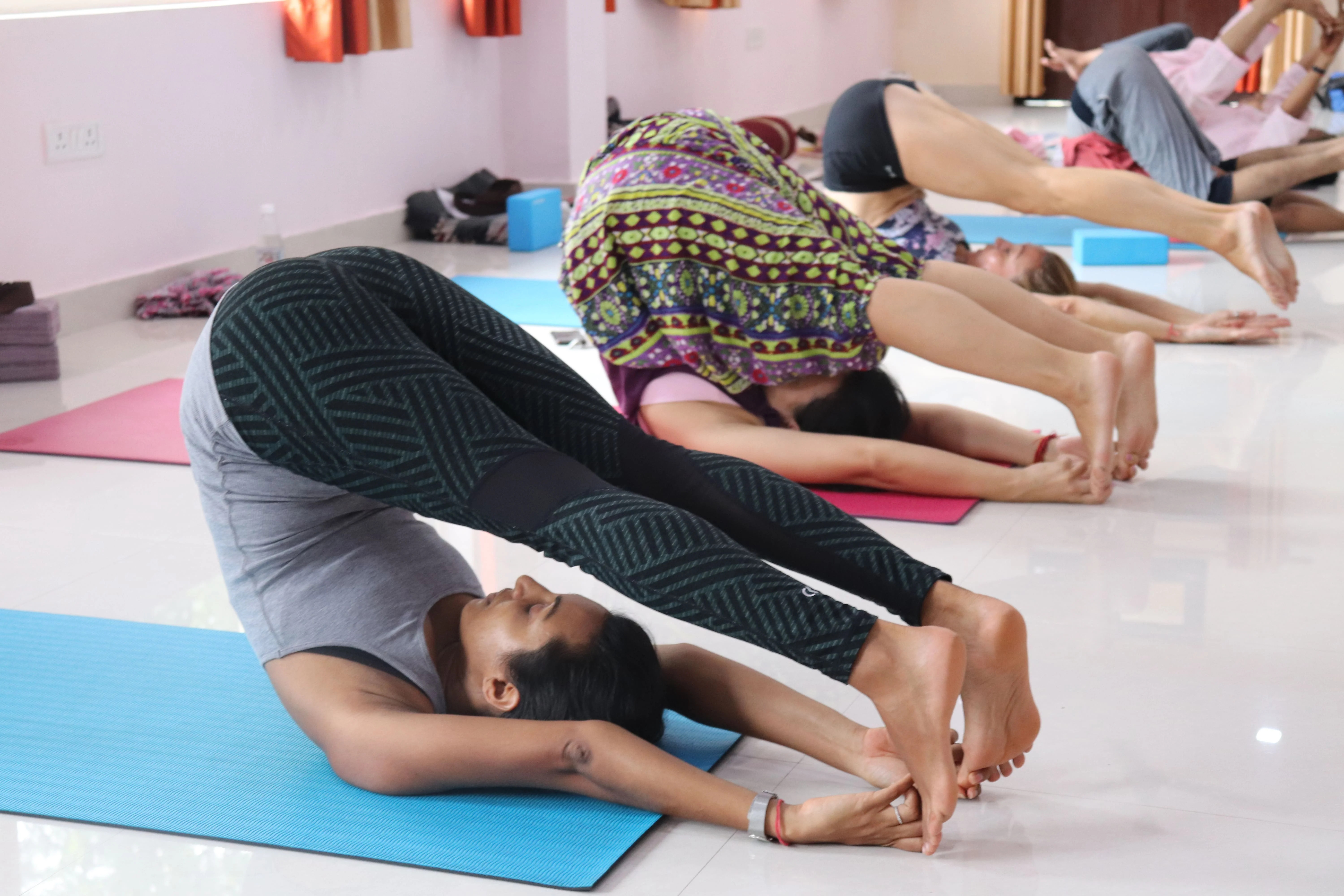
Yoga Vidya Mandiram Yoga School is a registered Yoga School centered in Rishikesh, India. The Center is dedicated to restore, explore and impart the purest form of knowledge of Yogic studies and its practices with their scientific verification. The Yoga Center intends to maintain the yogic teachings to their ancient and traditional purity as taught…

300 hour Yoga Teacher Training in Rishikesh
After the completion of 200 Hour Yoga TTC in order to deepen their yogic practices and experiences one intends to take on this advance 300 Hour Yoga TTC. This is also a residential traditional Hatha & Vinyasa focused Yoga Course, and currently under registered with Yoga Alliance, and intended for the intermediate students. After the successfully completion of the Course they receive 300 RYS Certification, and can register with Yoga Alliance as RYT 500.
Package Inclusions
Package Exclusions
NA
About Yoga Vidya Mandiram
How to reach
Airways Connectivity
Dehradun, Jolly Grant Airport (DED): It is approximately 35 minutes by taxi from DED to our school in Rishikesh.Railway Connectivity
Haridwar Railway Station (Haridwar Junction): From Delhi, the train ride takes approximately eight hours, depending on the train. Haridwar Junction is 35-45 minutes away from Rishikesh. Taxi or tuktuks are available for hire.Roadway Connectivity
Buses to Rishikesh leaves New Delhi from the Kashmiri Gate national bus stand, approximately every hour. The bus ride takes about 5-7 hours and costs around 900 INR for air conditioned buses and 500 INR for buses without air conditioning.Important Disciplines/Rules
Complete school rules are mentioned on our official website.
- No alcohol, drugs or any addictive substance are allowed during the course. Any alcohol/drug consumption will lead to being asked to leave without certification.
- No smoking of any kind, including e-cigarettes are allowed on premise.
- No consumption of non-vegetarian (i.e. meat, poultry, eggs, etc.), including eggs, within accommodation or school/resort premise. We realize that not everyone interested in the course are pure vegetarian. However, by signing up and booking for this course, you have agreed to our disciplines and our diet requirements. Students are responsible for bringing dietary supplements that they required during the duration of the course.
- No verbal or behavioral aggression.
- Students are required to be punctual and to attend 90% of the training hours.
- No using mobile phones for external communication or social media during an ongoing class.
- No friends and relatives are allowed to stay with yoga students without any prior permission from the management.
By signing up and booking for this course, you have agreed to our disciplines and our diet requirements. School holds the right to ask a student to leave the training without certification, if he or she does not follow or violates school discipline.
In the case of cancellation, the advance deposit of a course fee is strictly non-refundable. However, you may reschedule for the same program in a future month but within 1 year after the initial course date booked. Reschedule must be inquired in advance of and only if there is still availability for the desired month.
# Note: ''For all refunds, the payment gateway charges, service charges and taxes will be deducted. Only the balance will be paid''.
Prices From
$1,300
Prices From $1,300



 Please expect a free call back
Please expect a free call back
 3.5
3.5
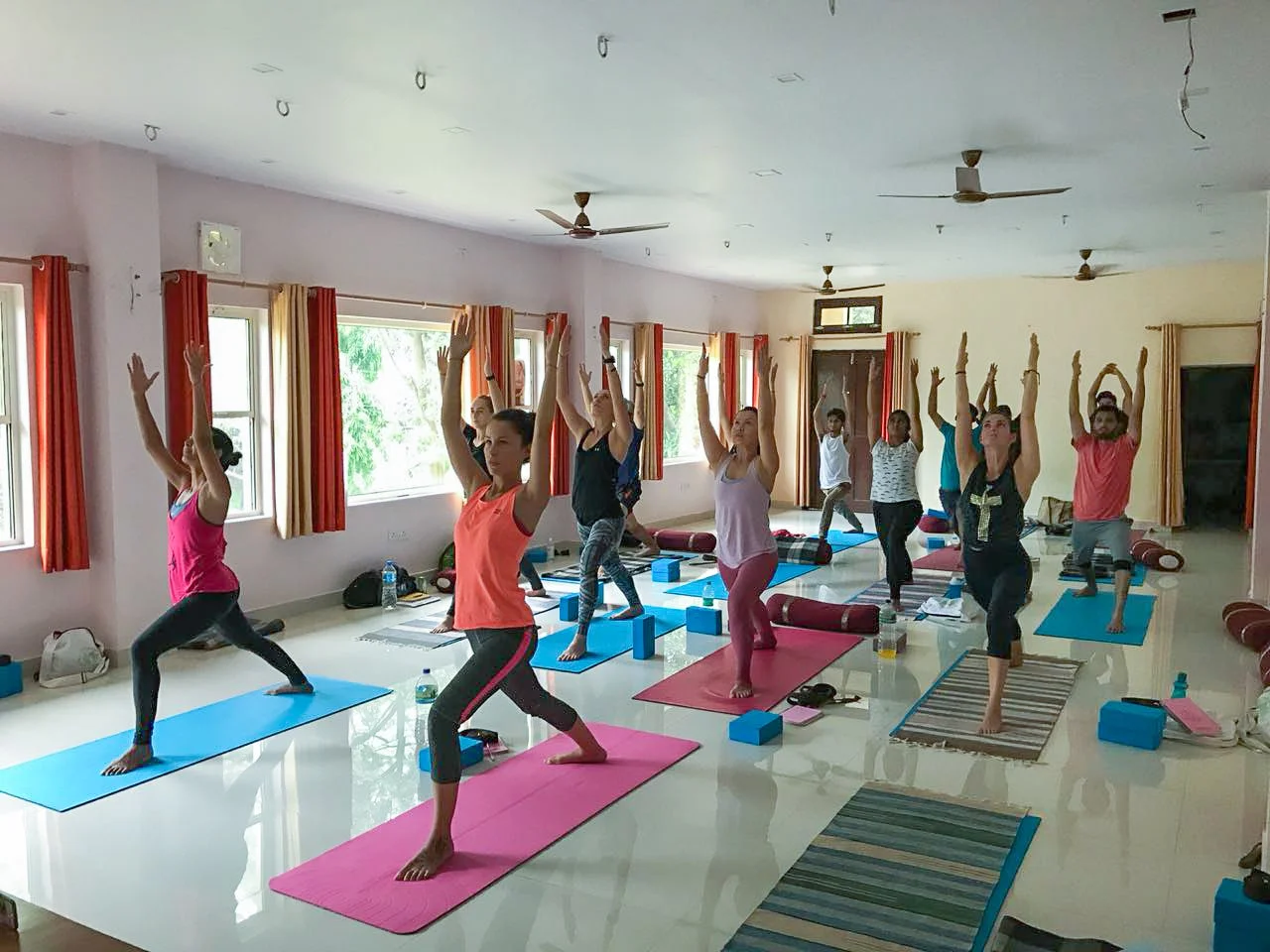
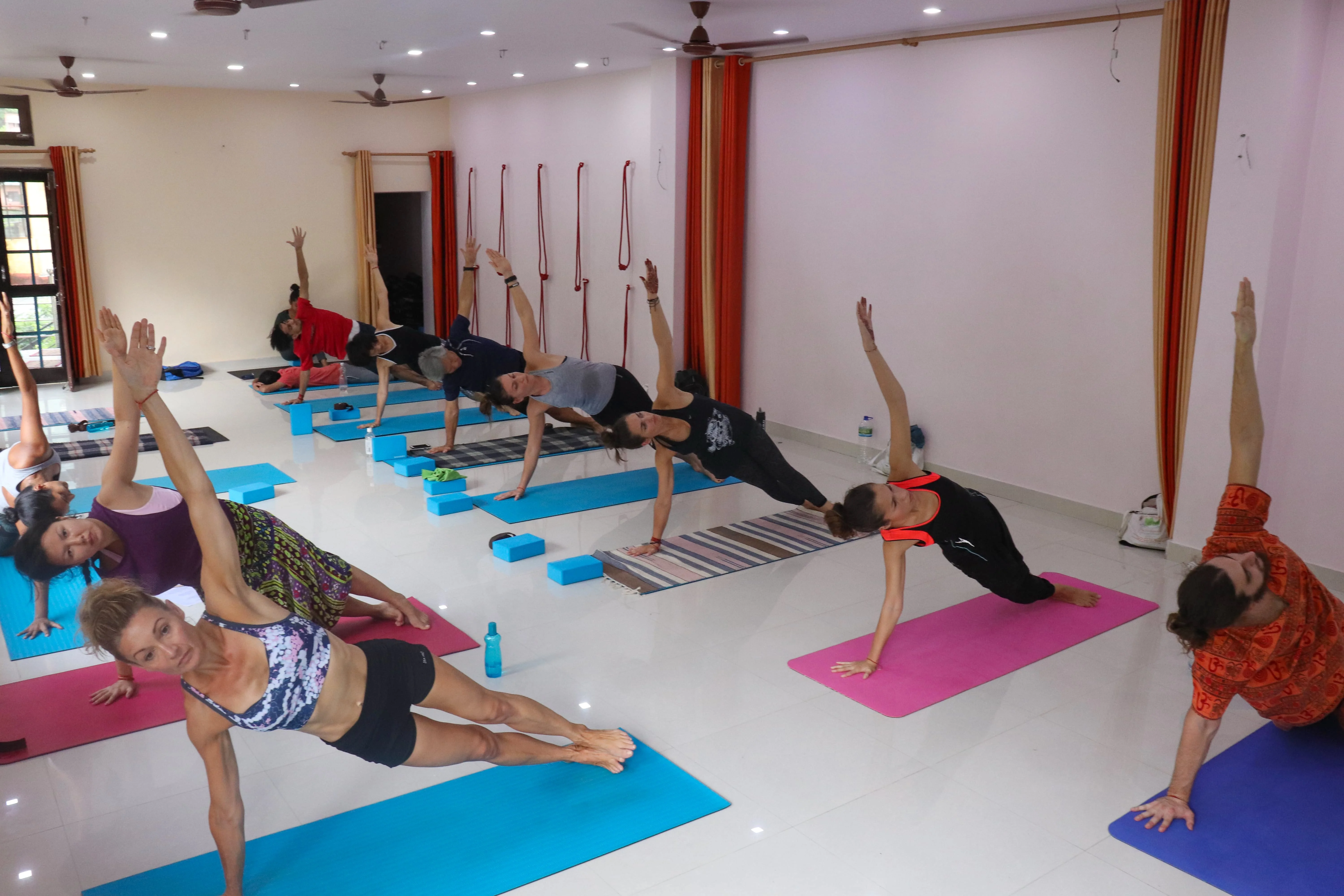
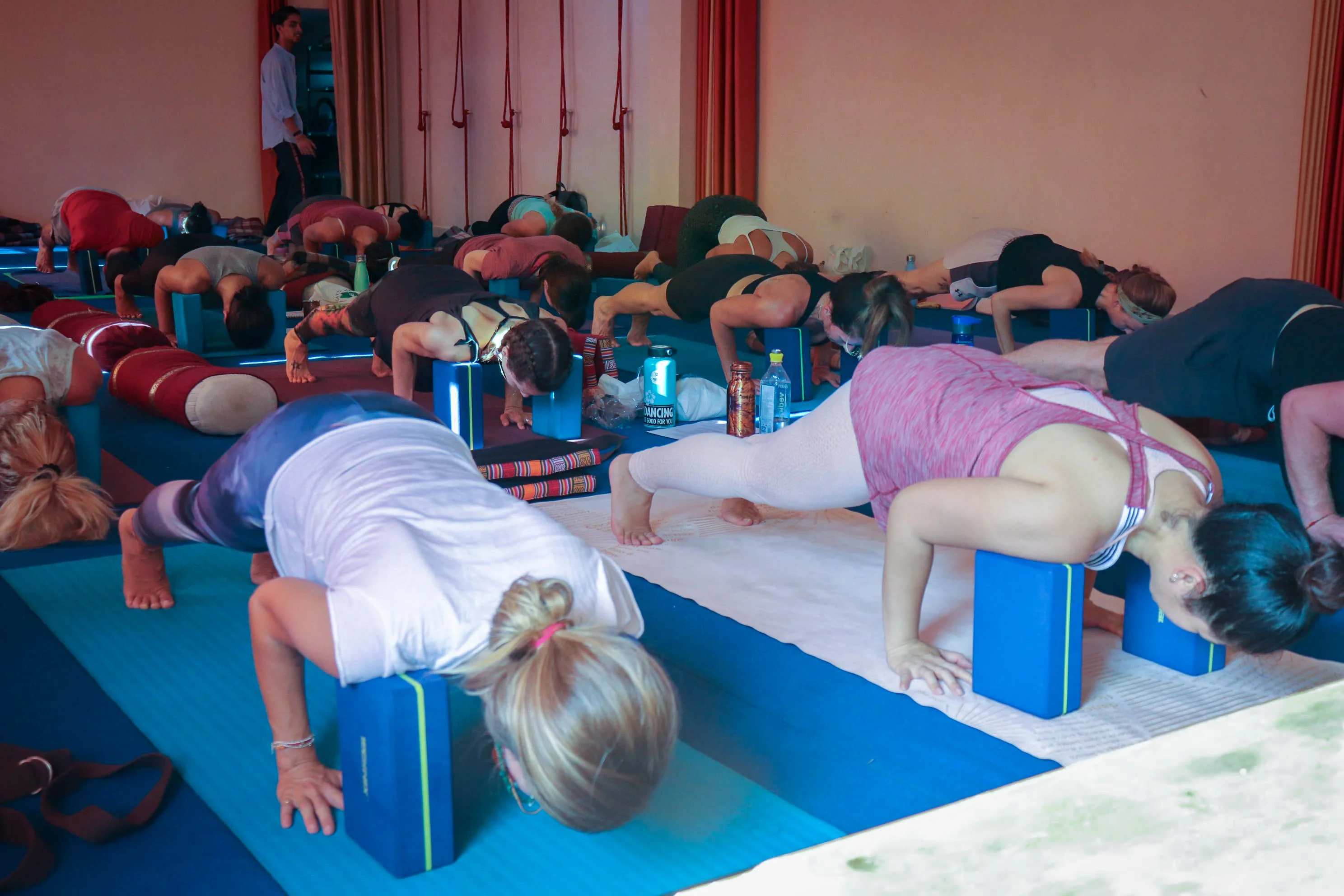
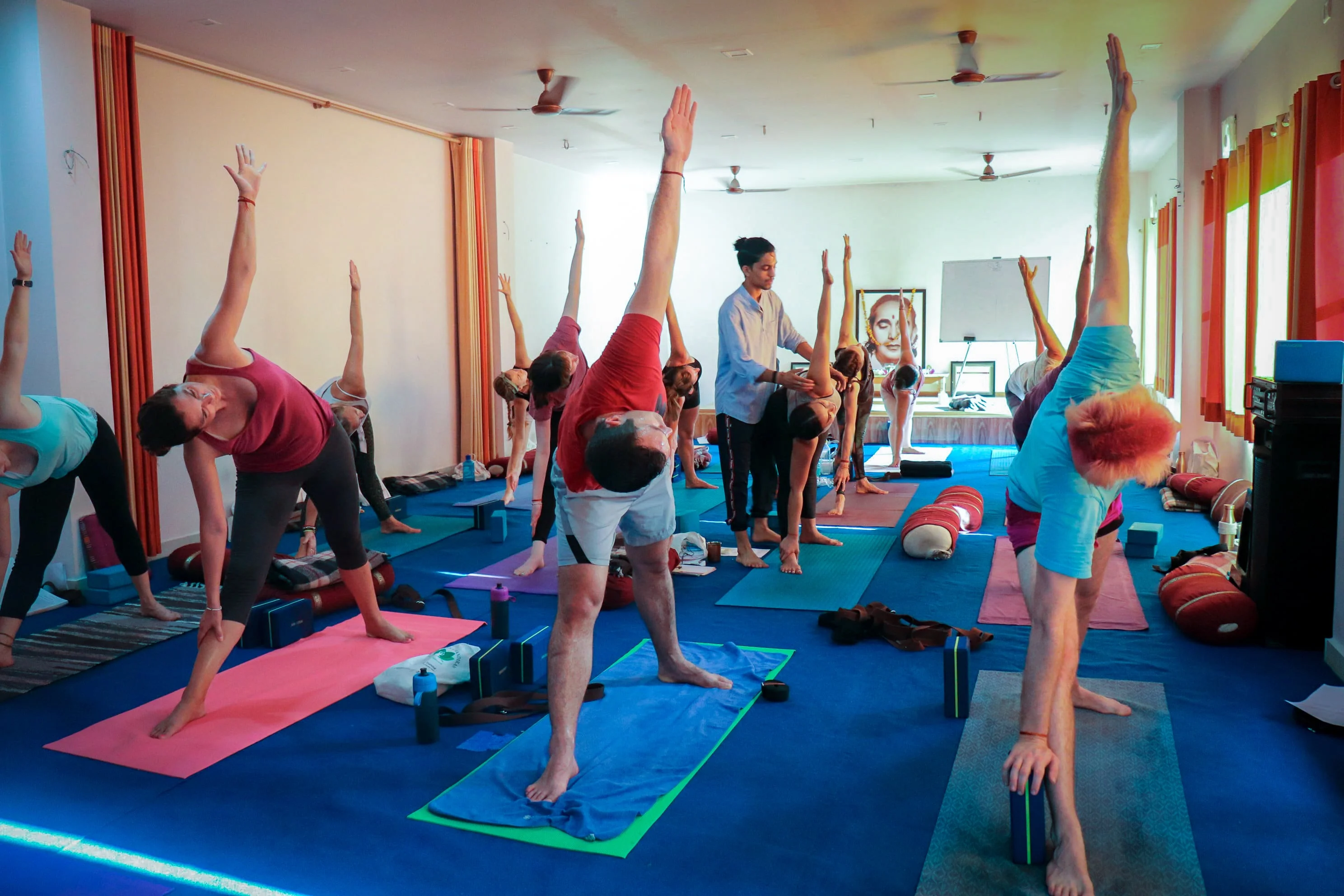

 1 person max
1 person max
 Wi-Fi
Wi-Fi
 Double Bed
Double Bed
 Western Style Bathroom
Western Style Bathroom
 In-Room Dining
In-Room Dining

 2 person max
2 person max
 Air Conditioning
Air Conditioning
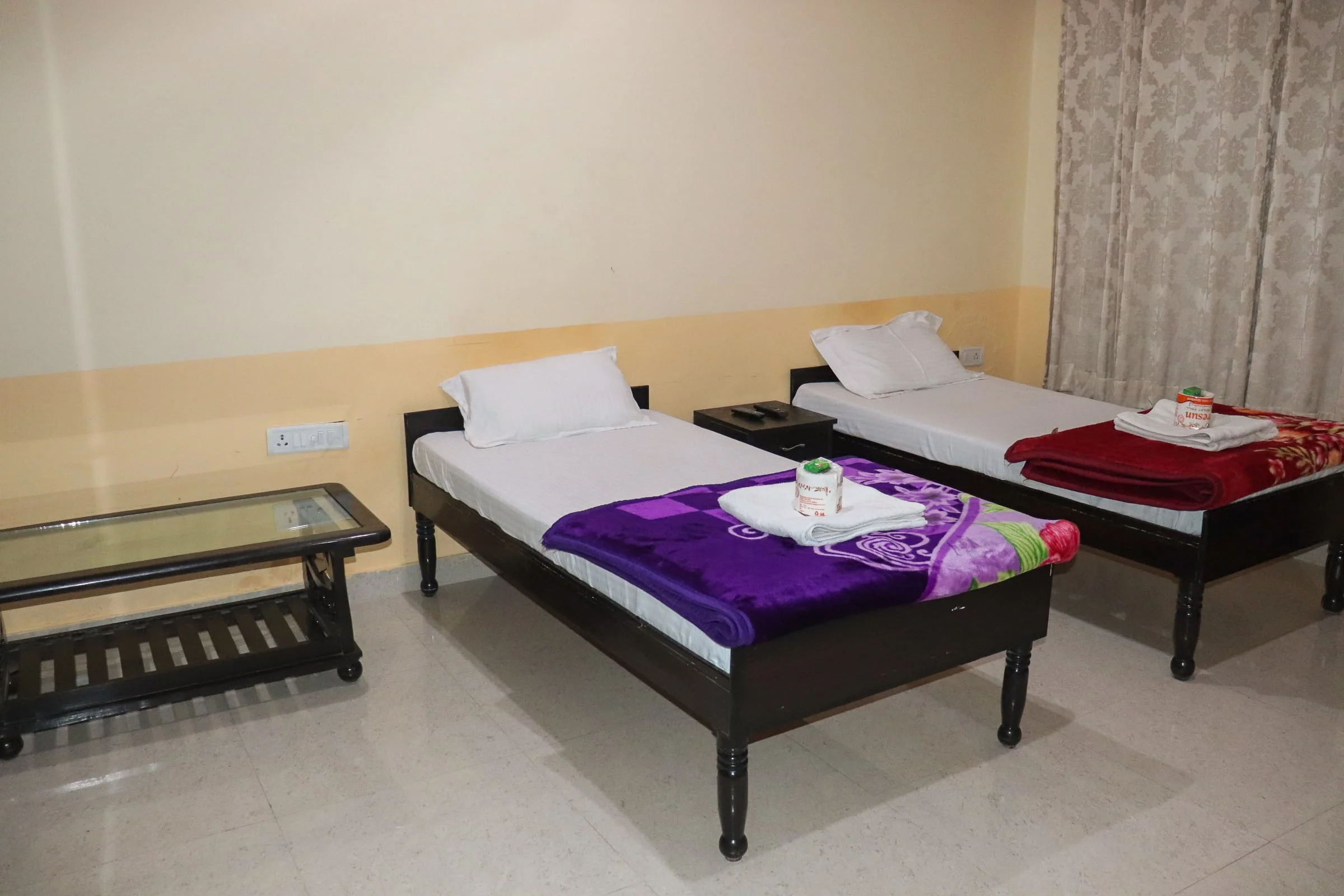








 1 person max
1 person max
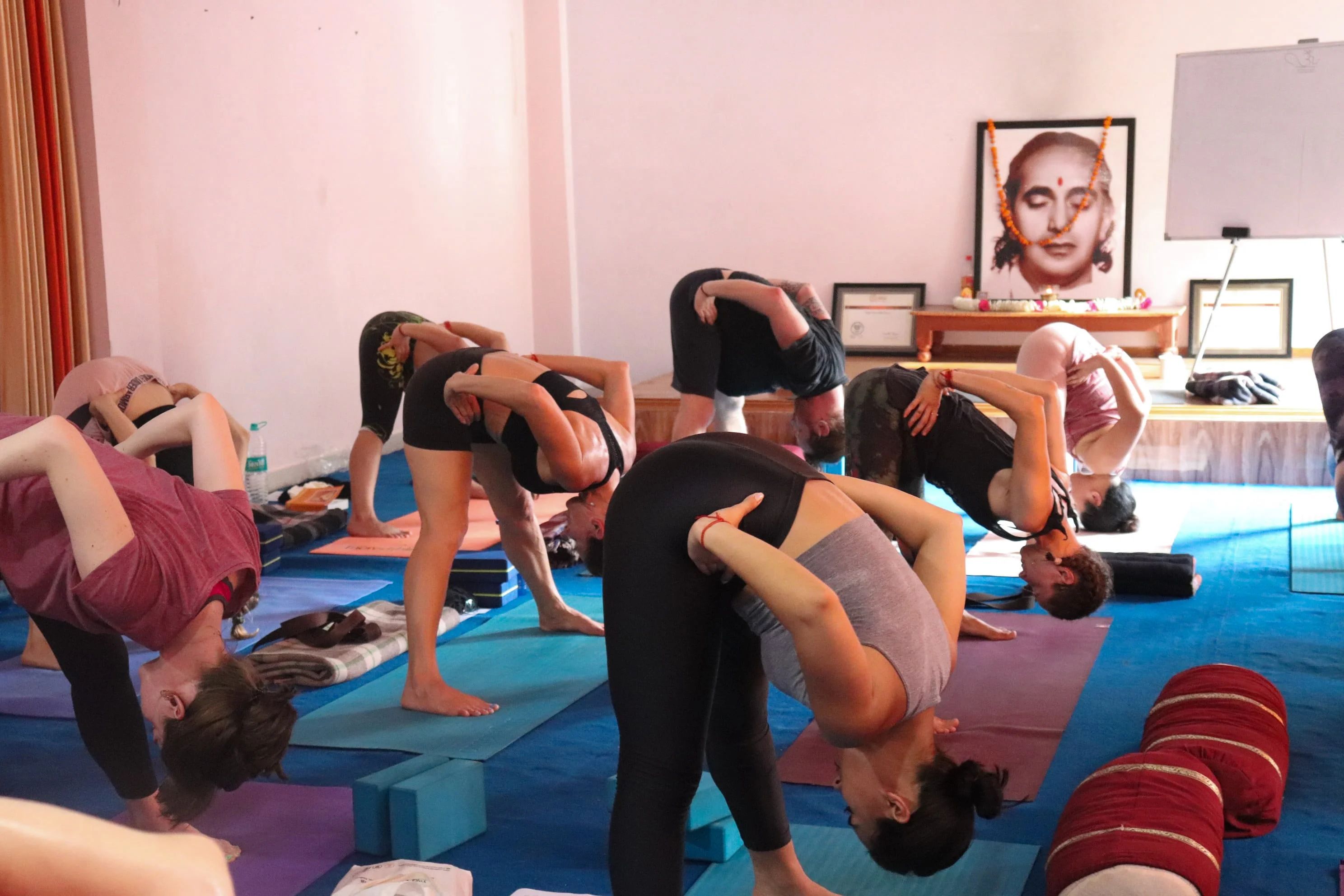
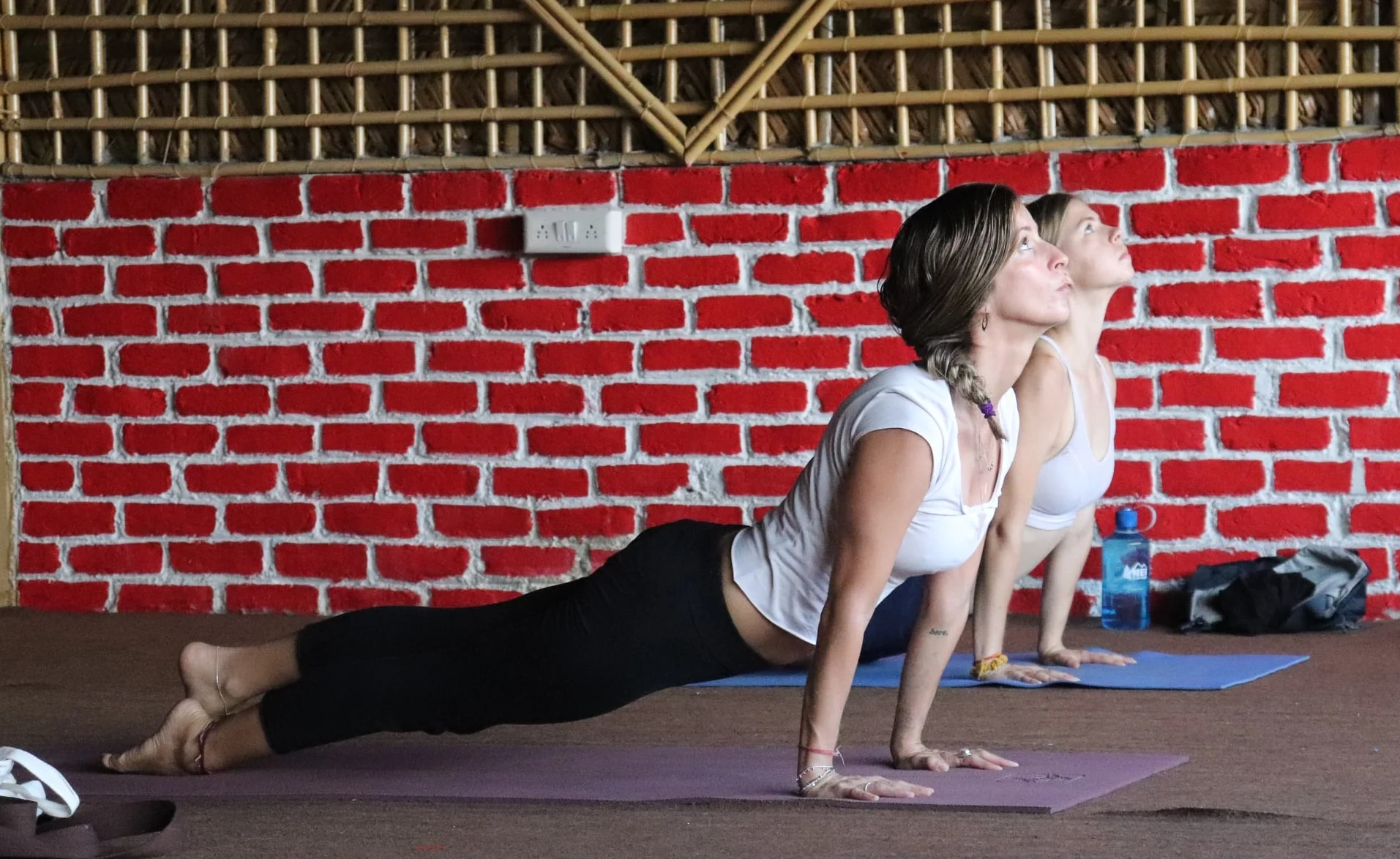
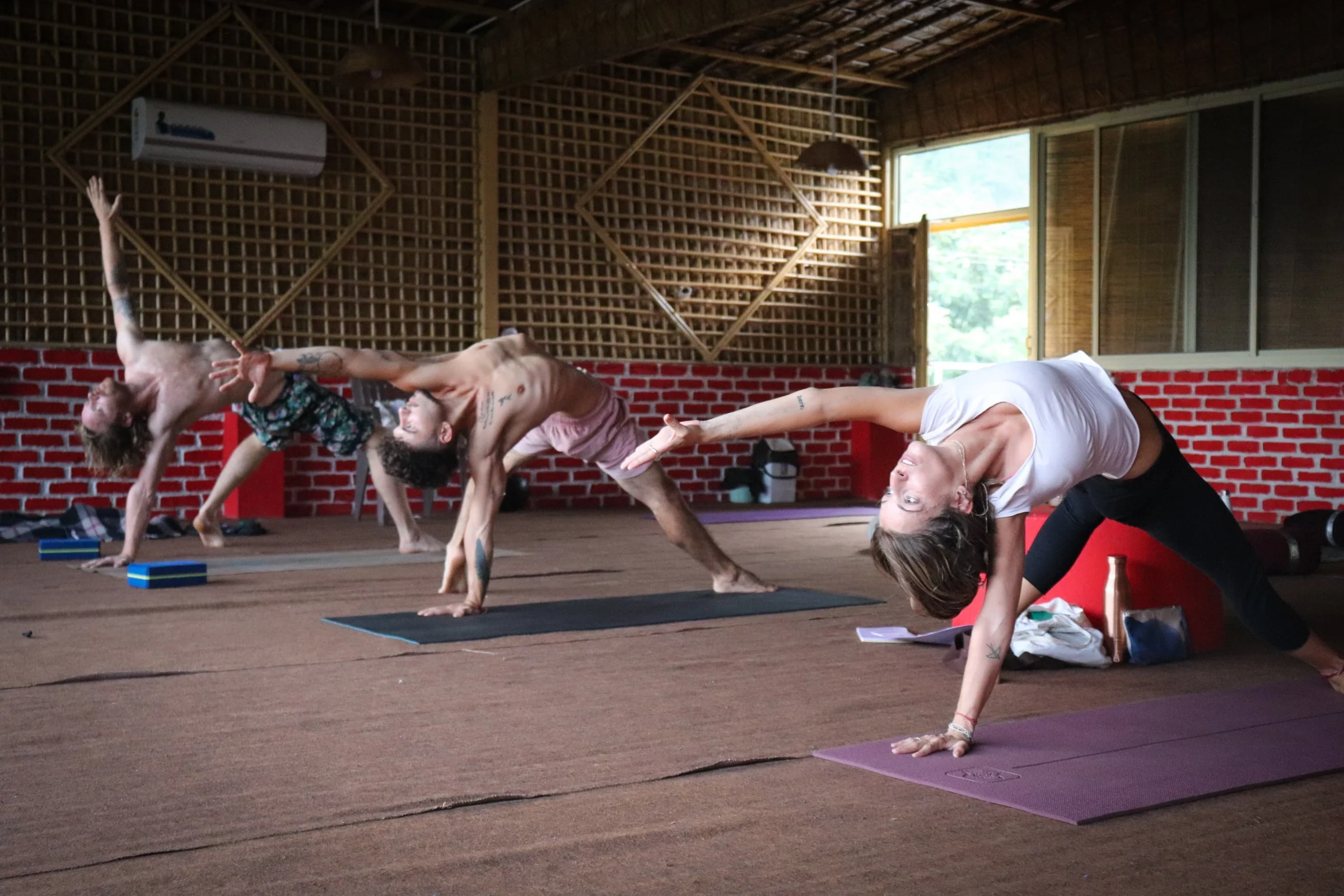
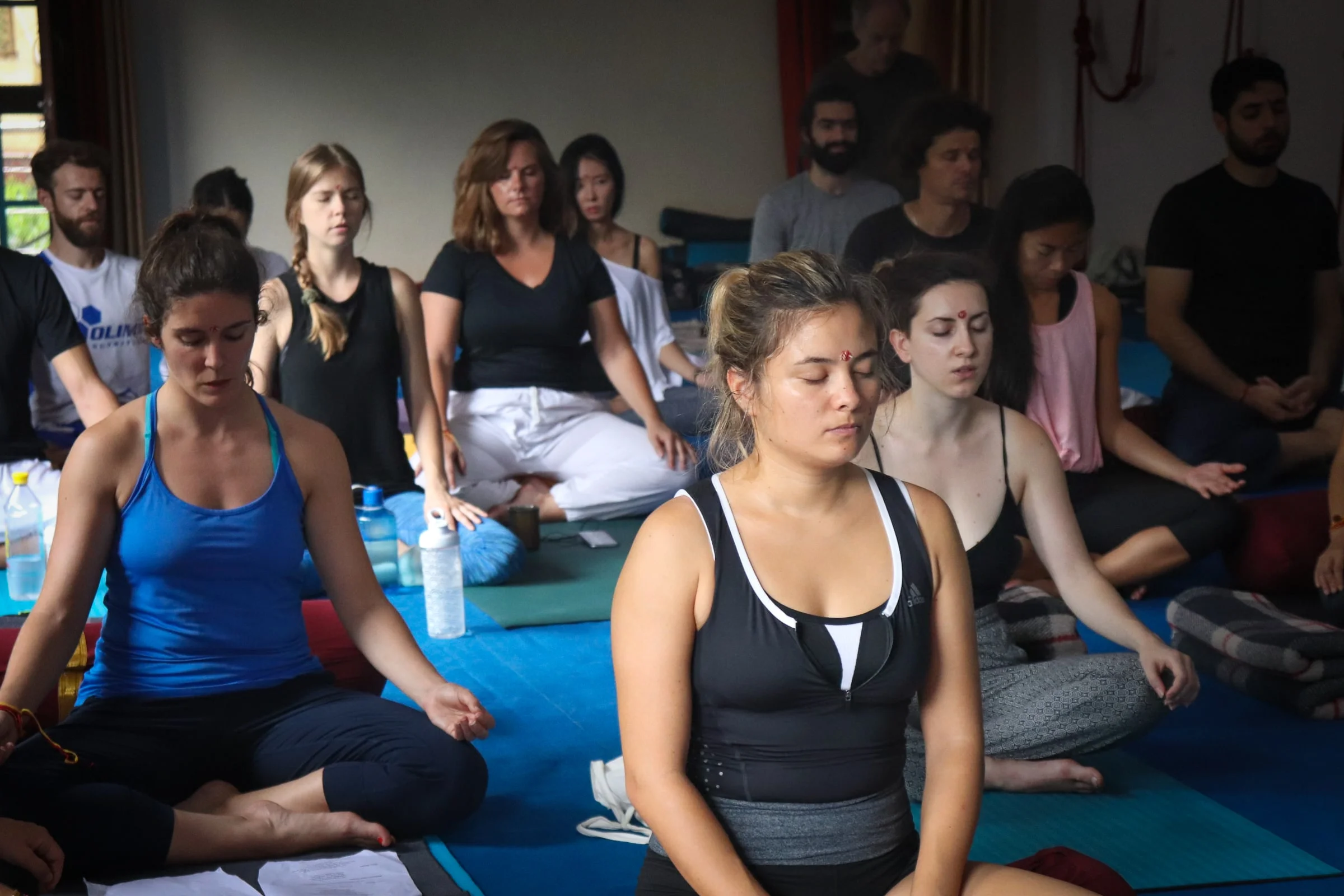
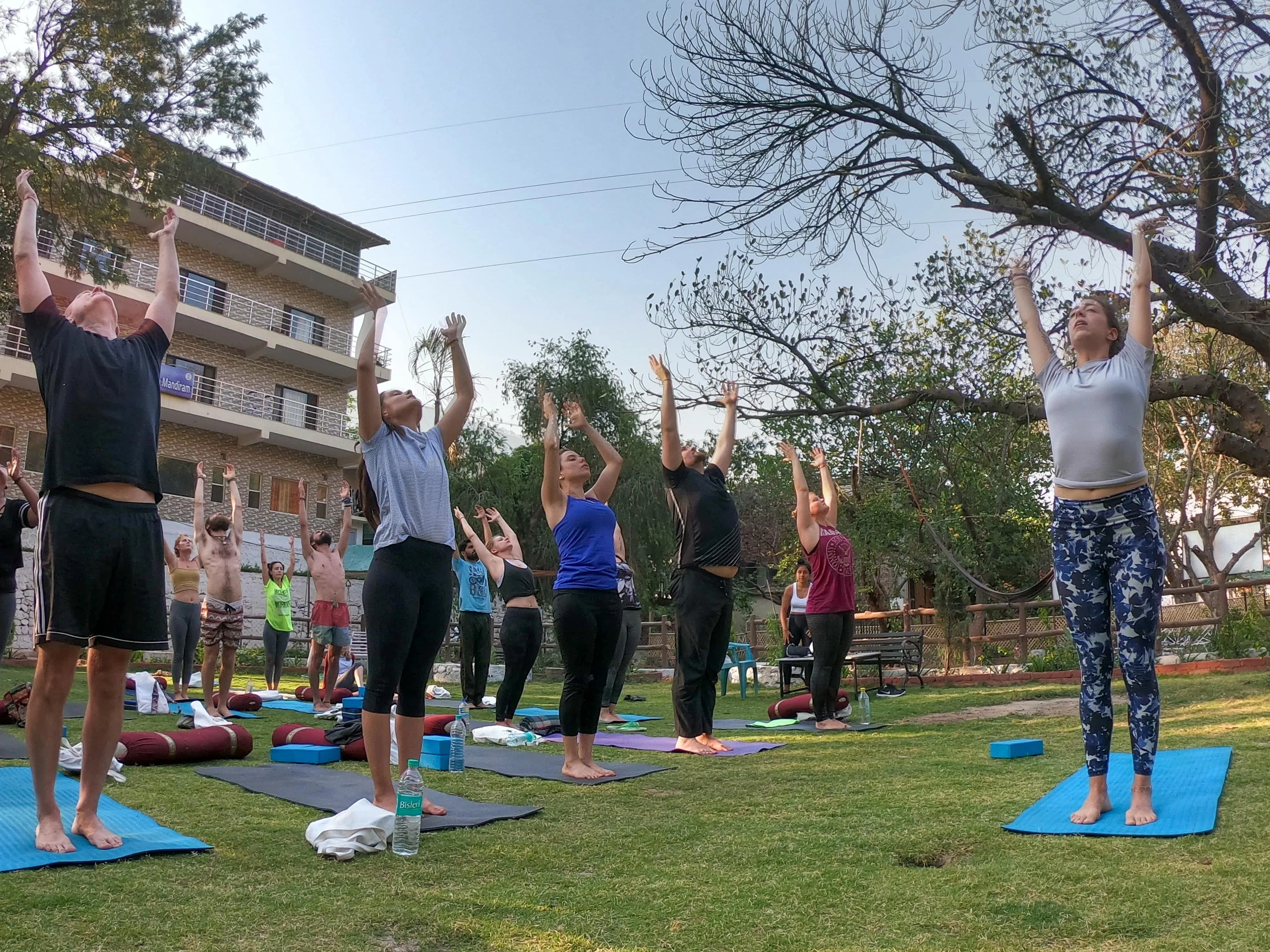
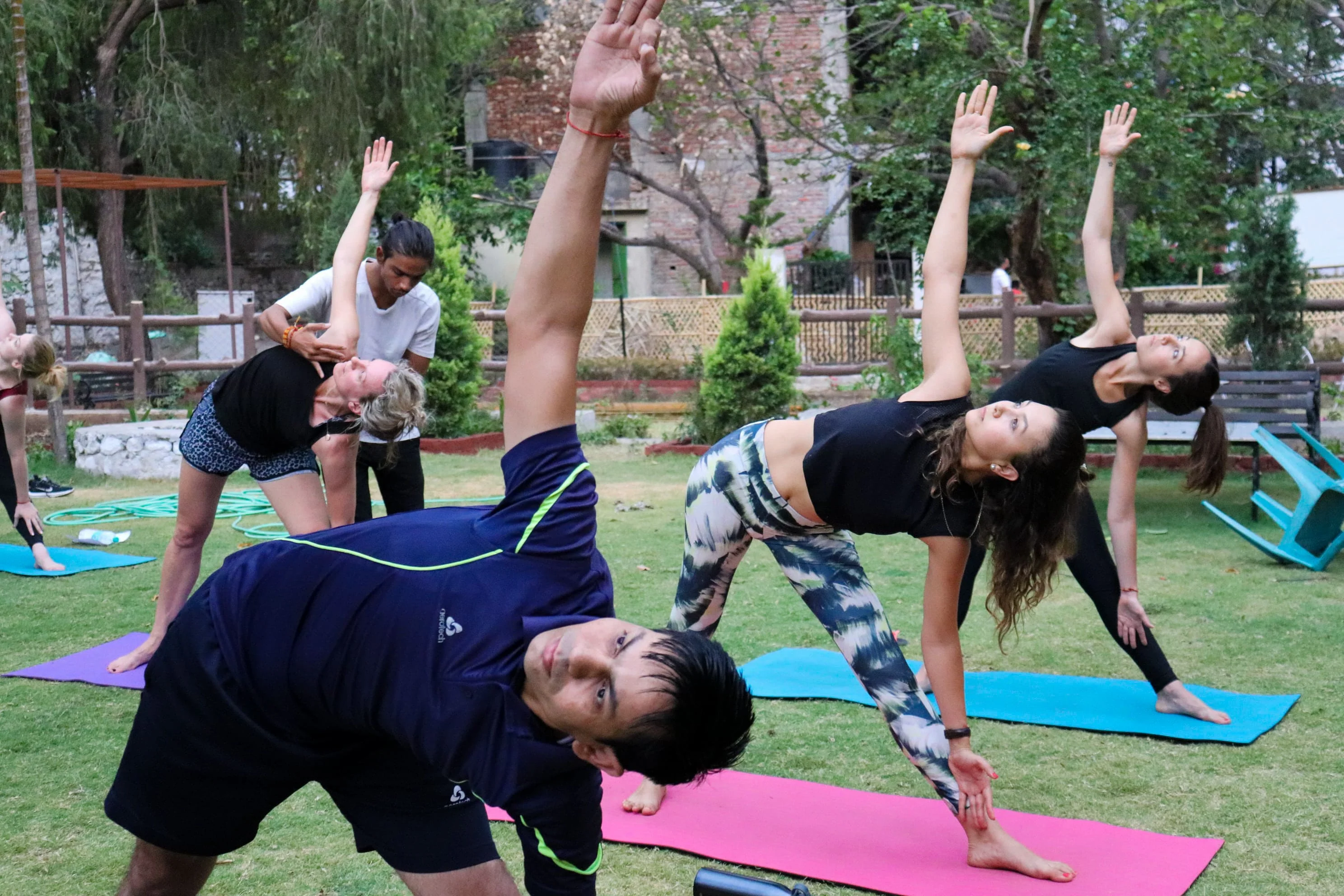
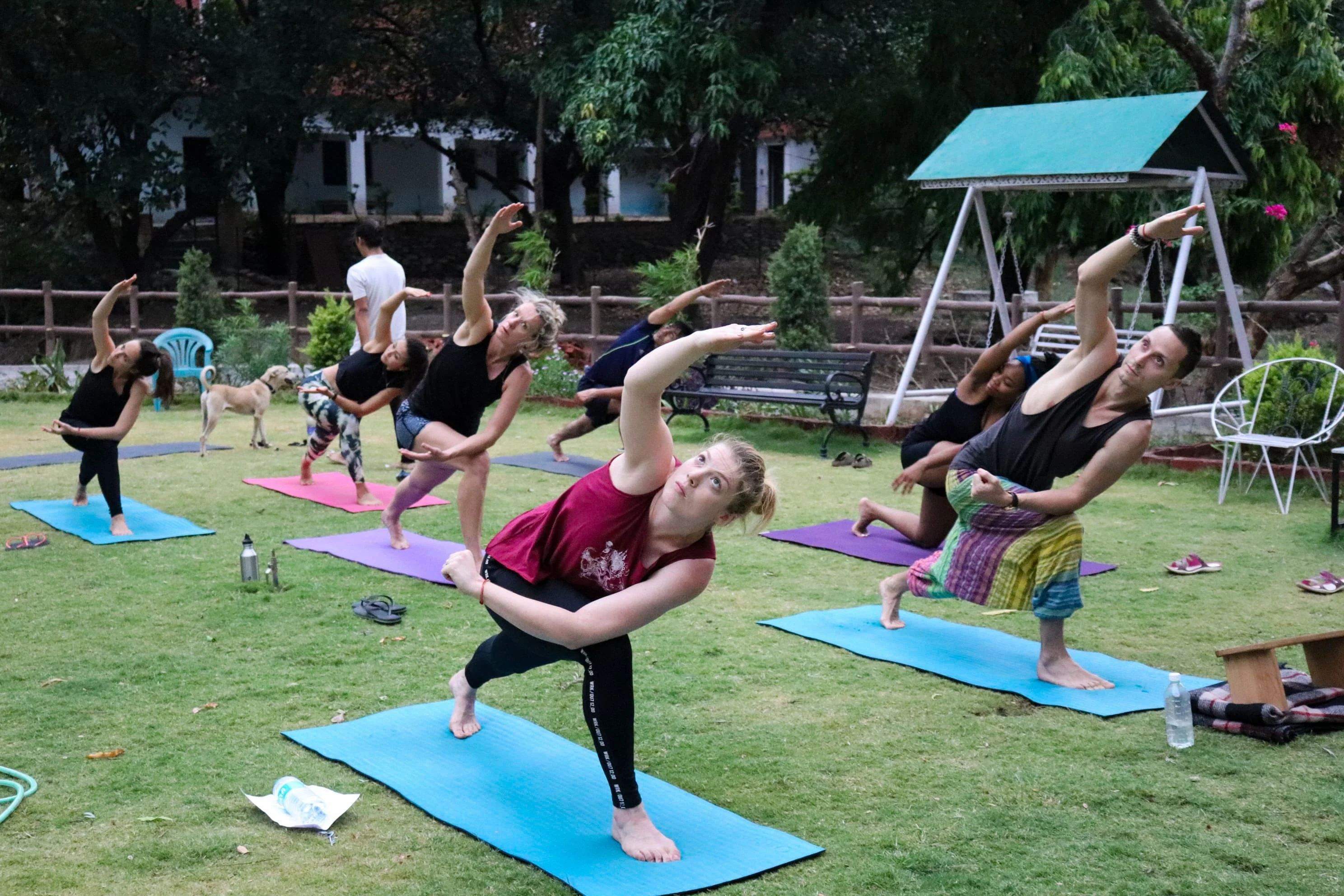
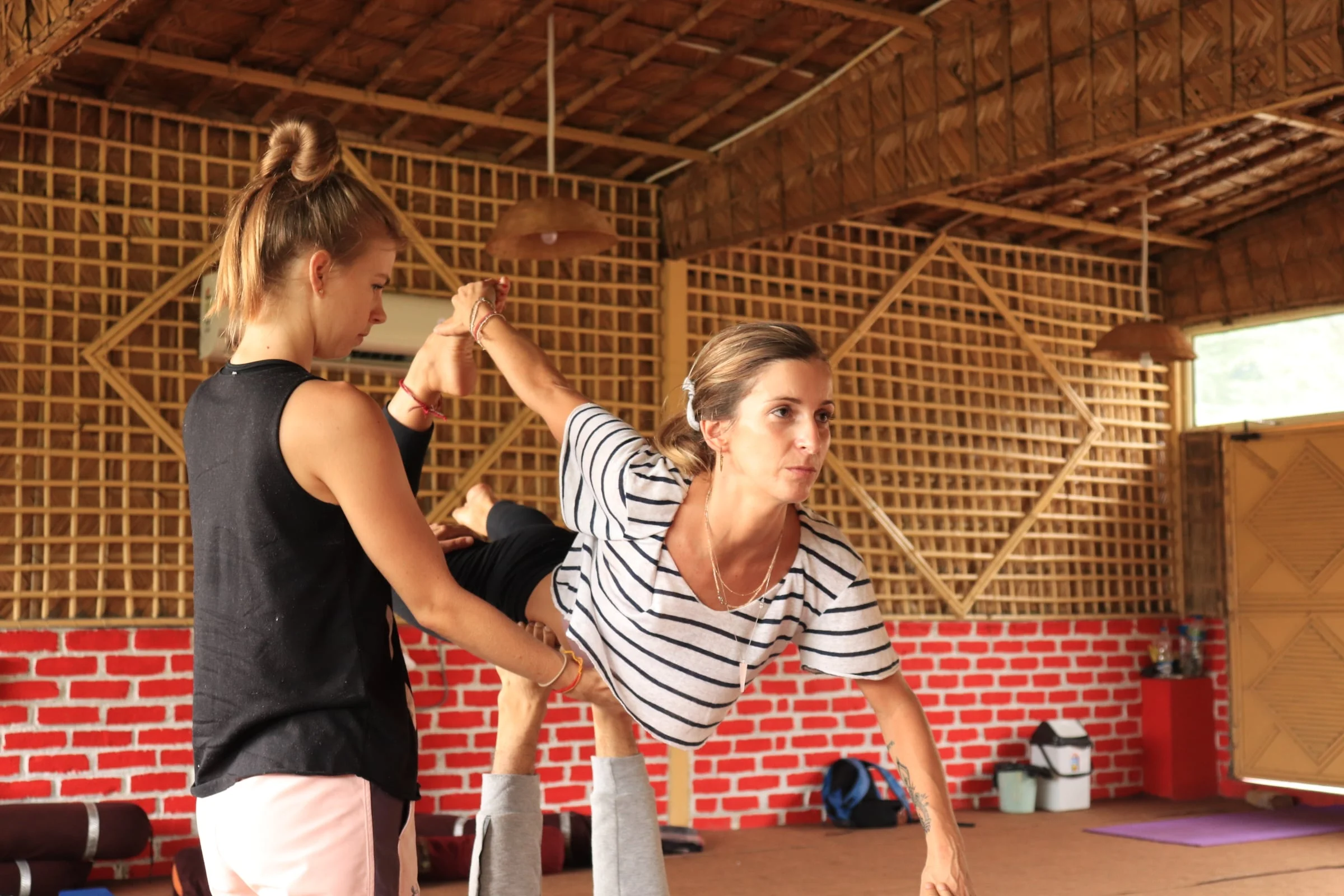
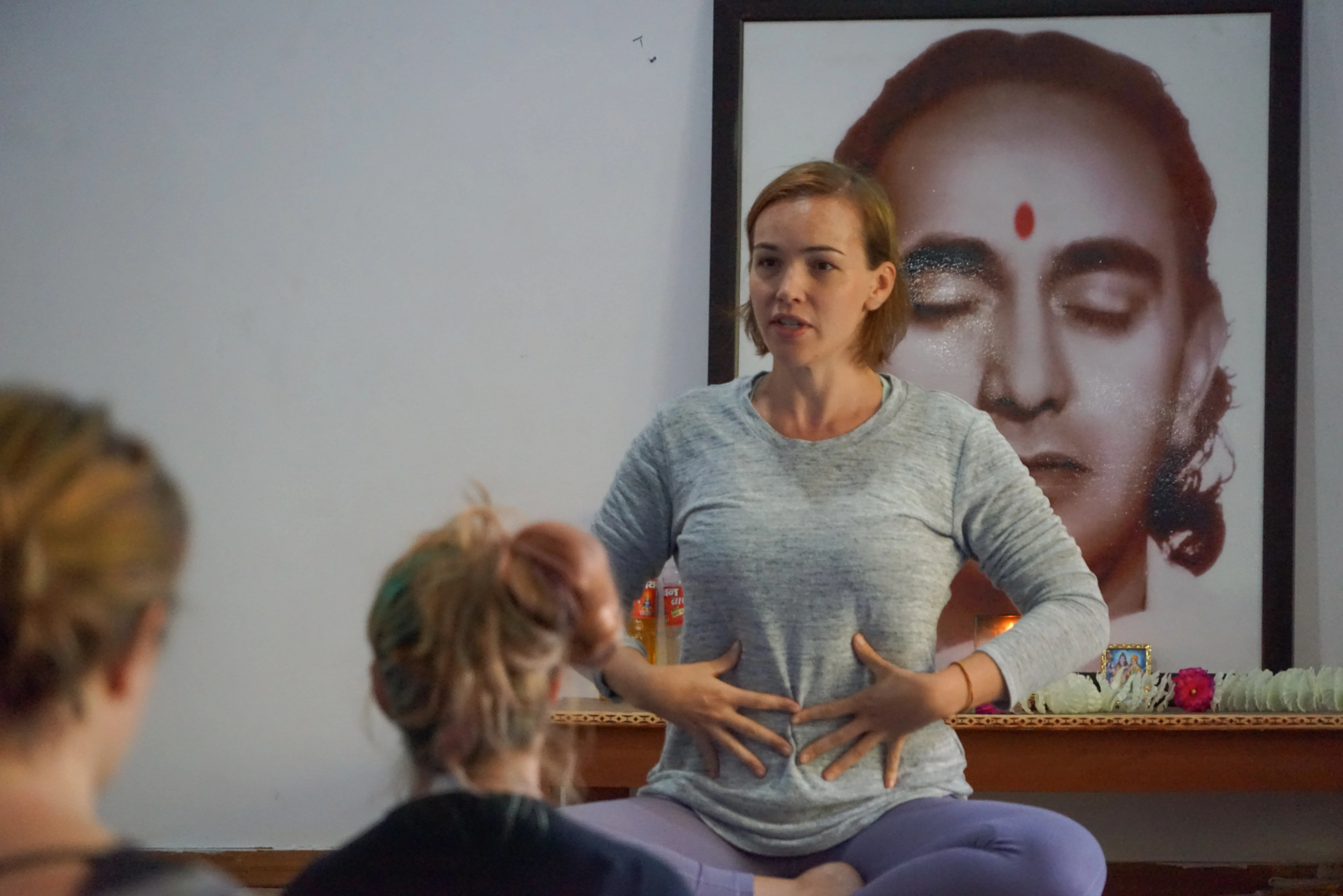
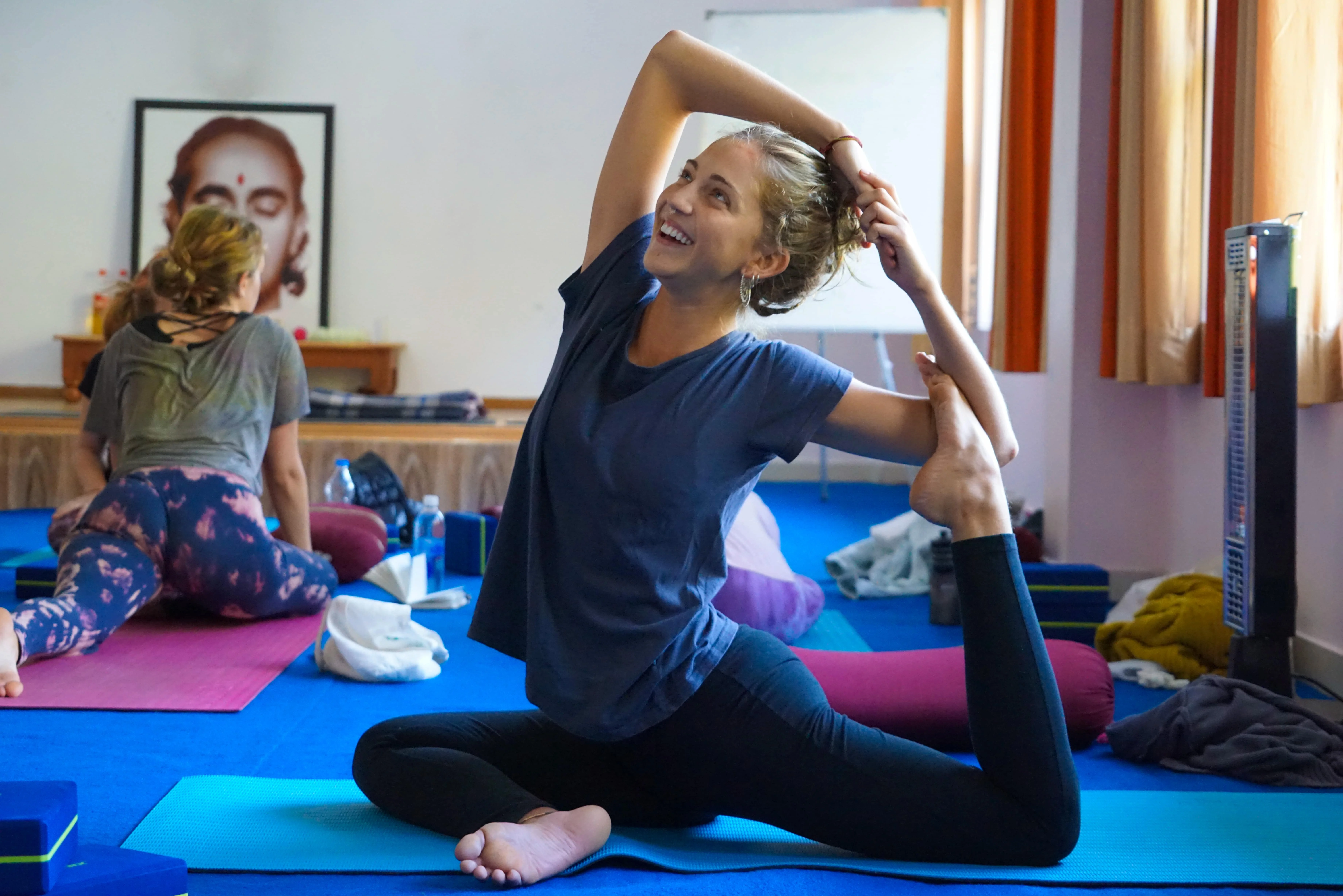
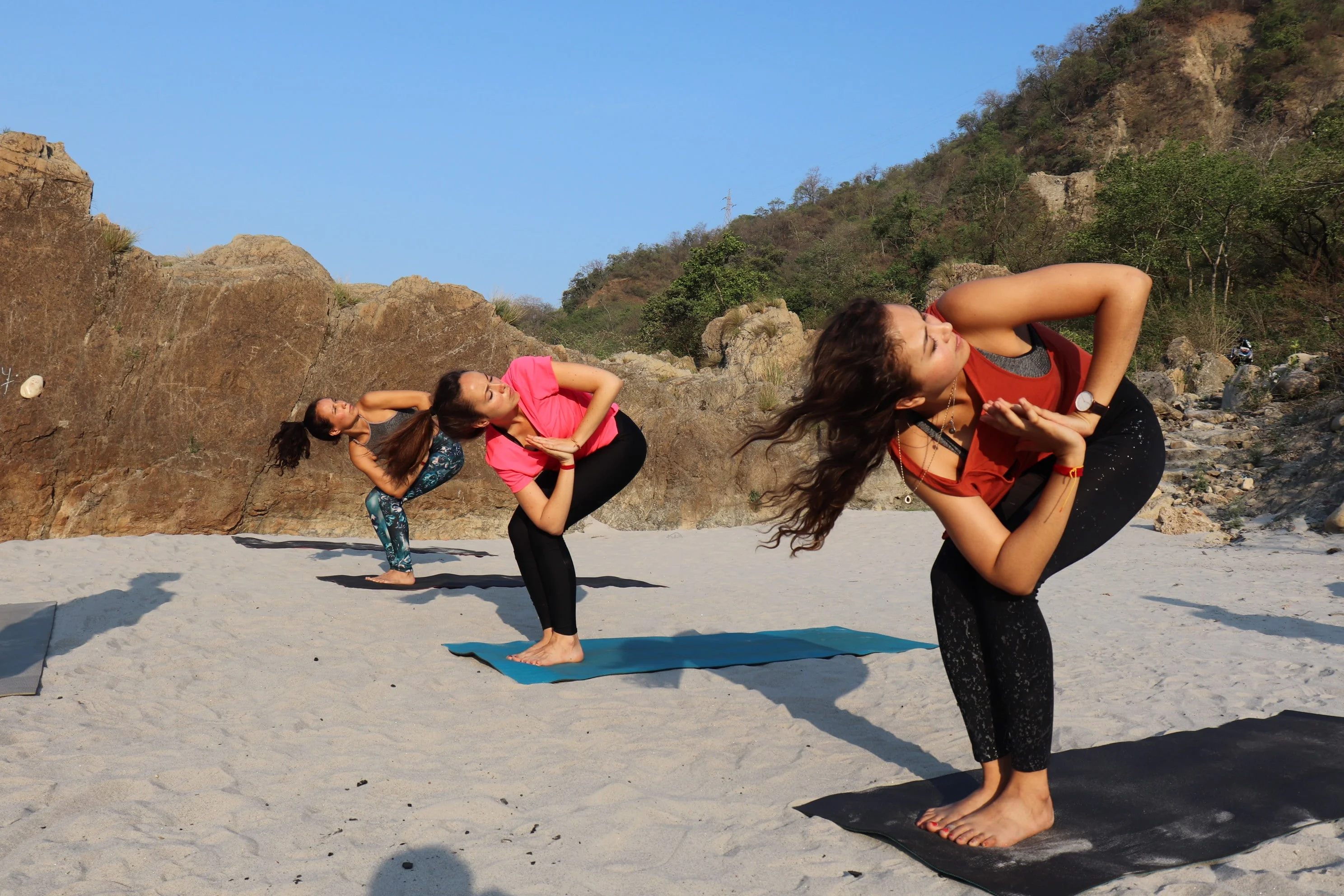
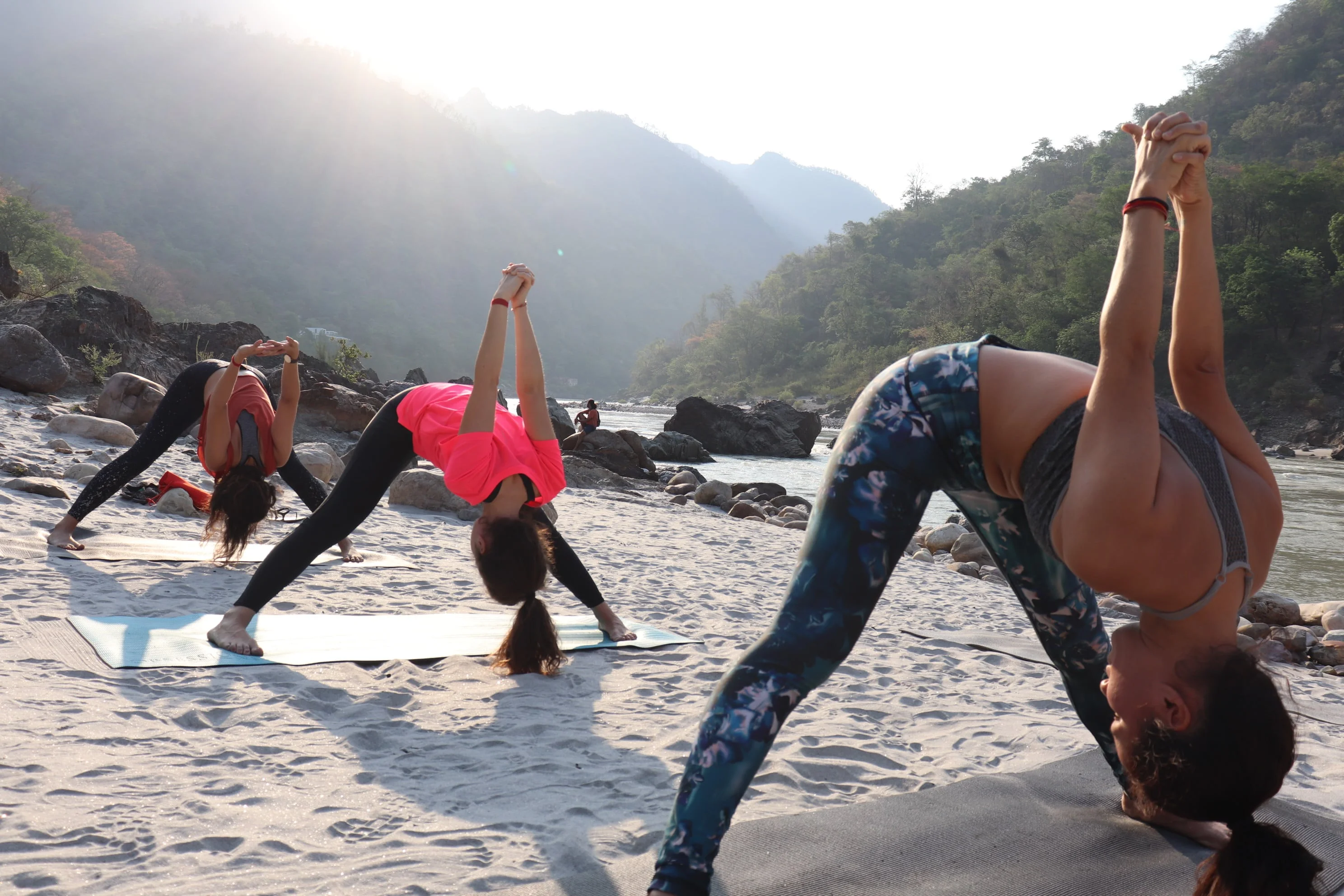
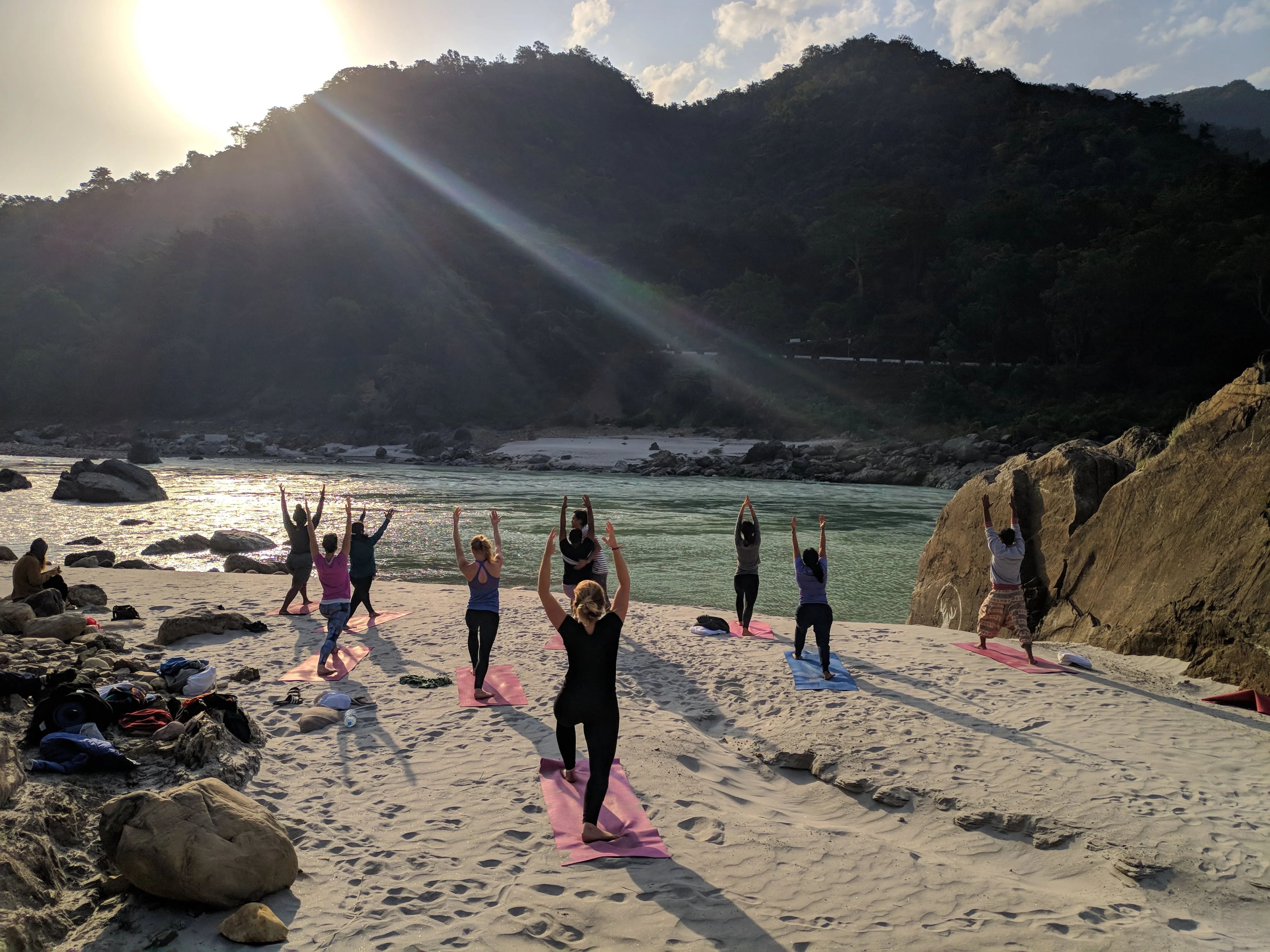
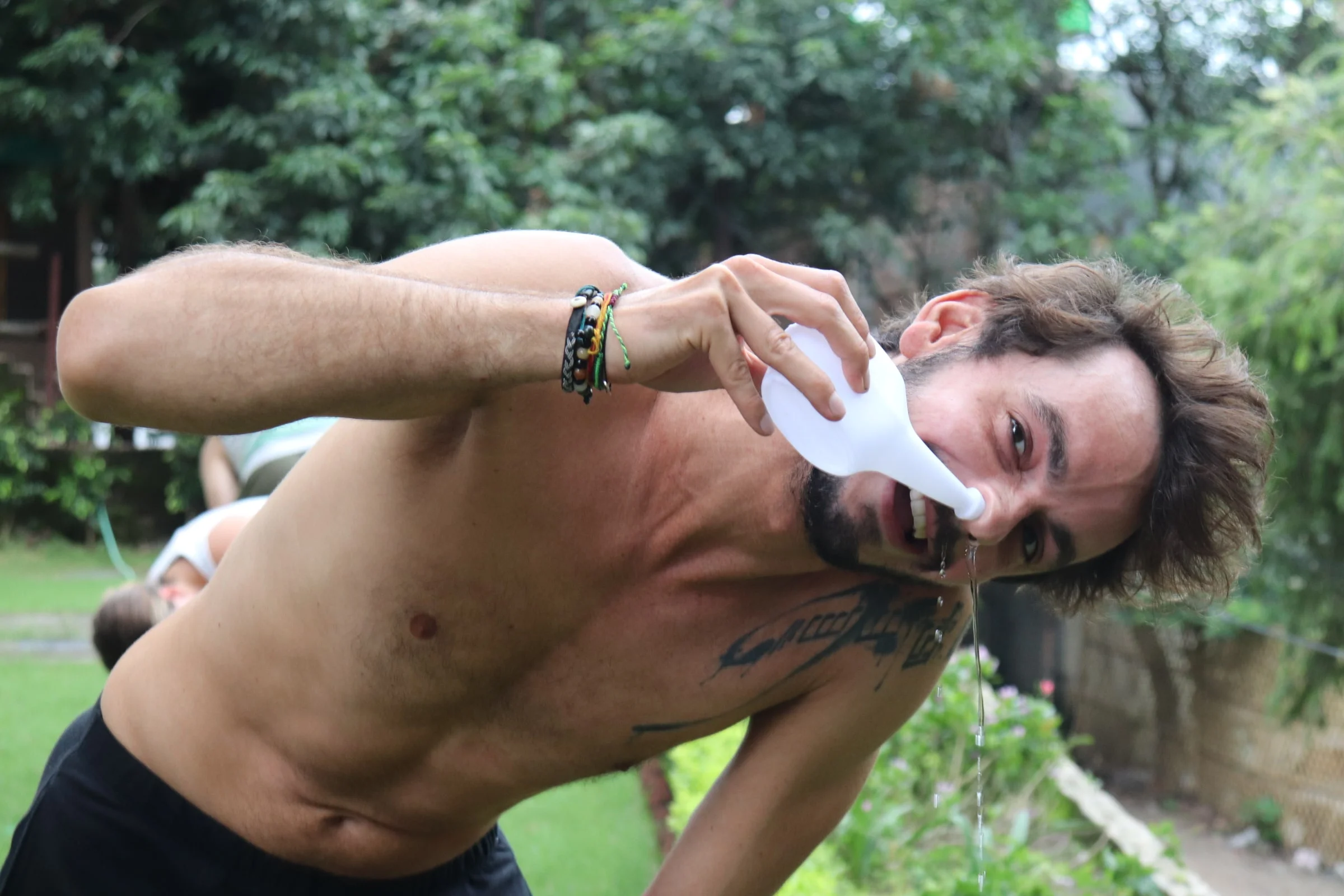
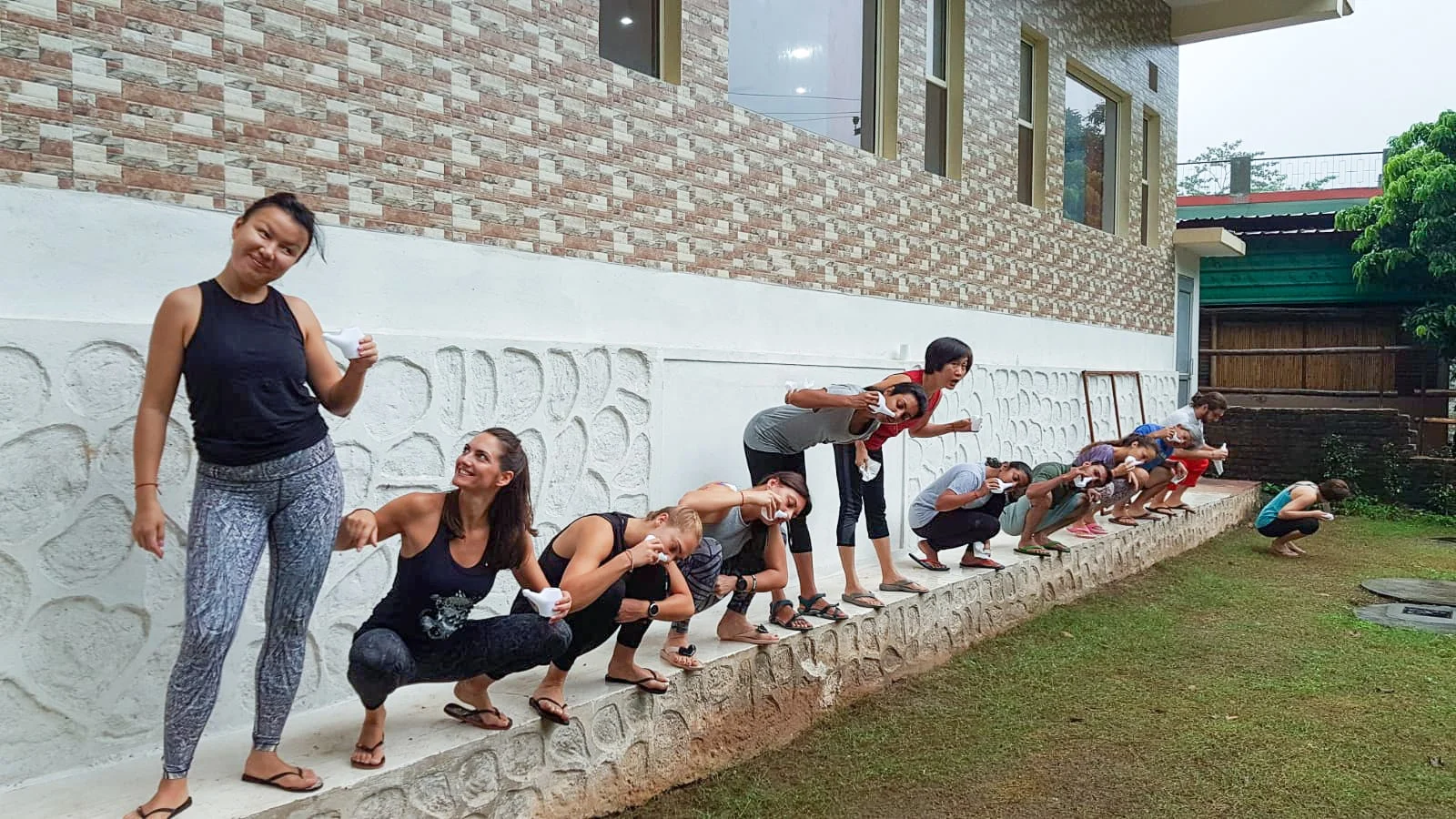
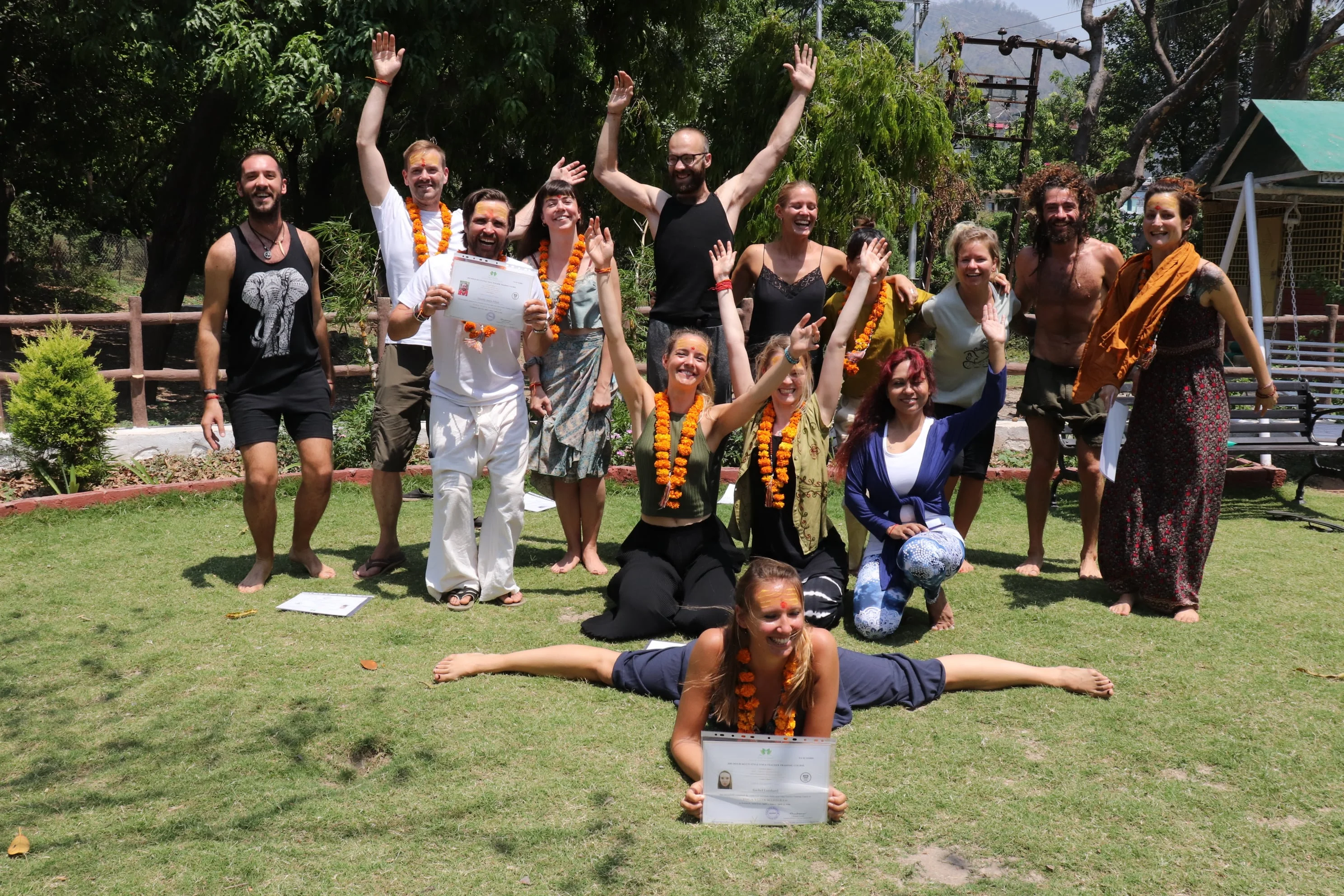
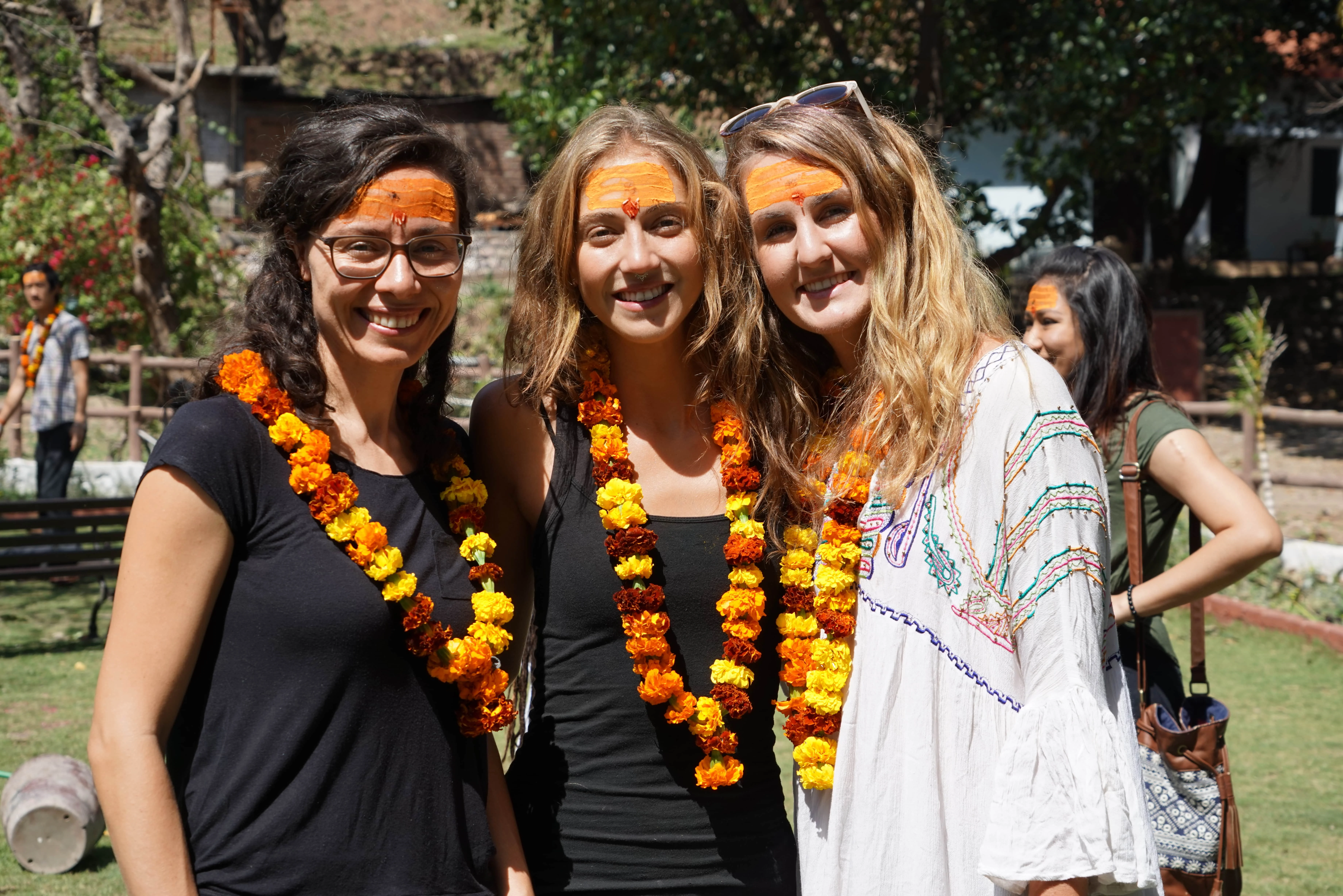

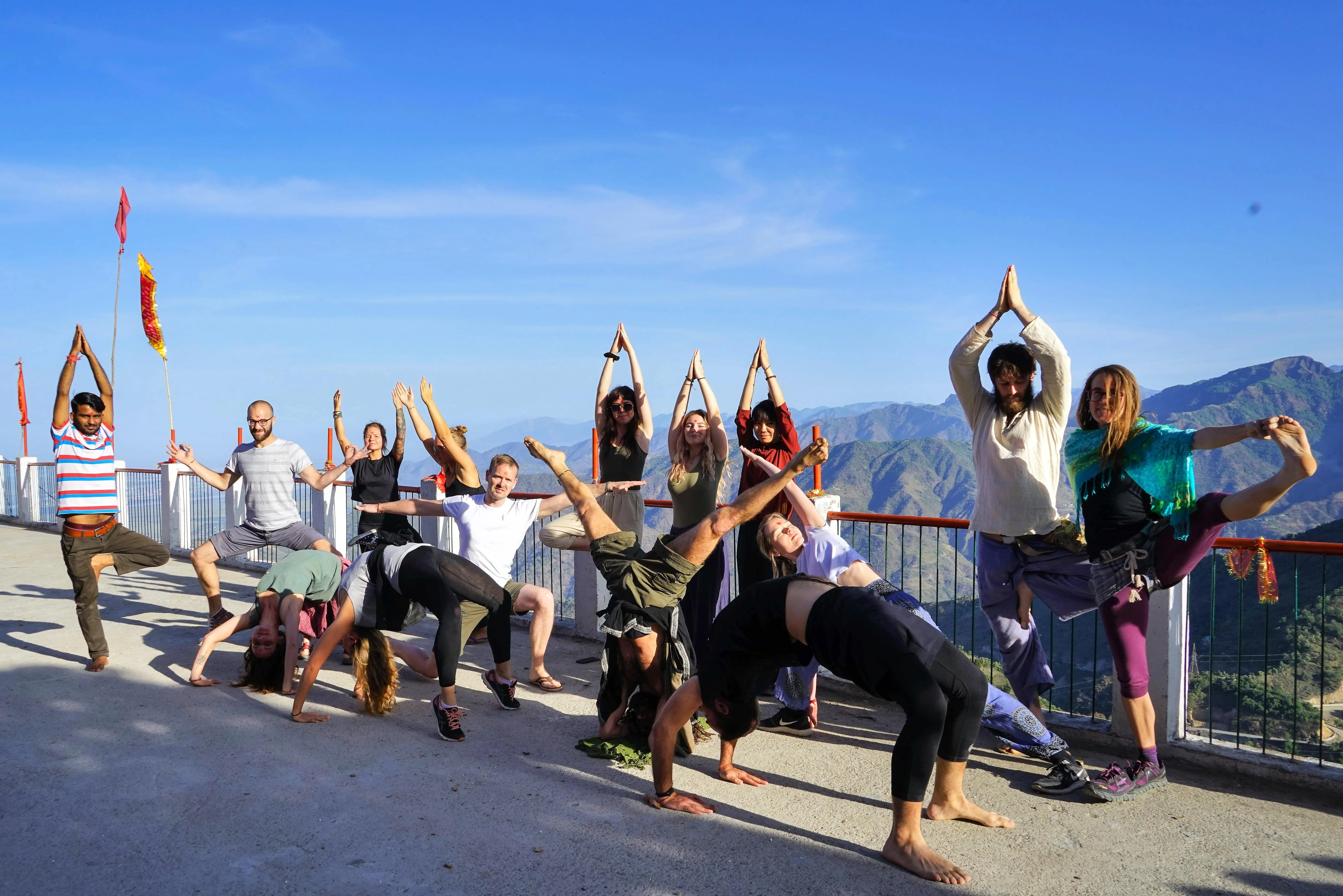
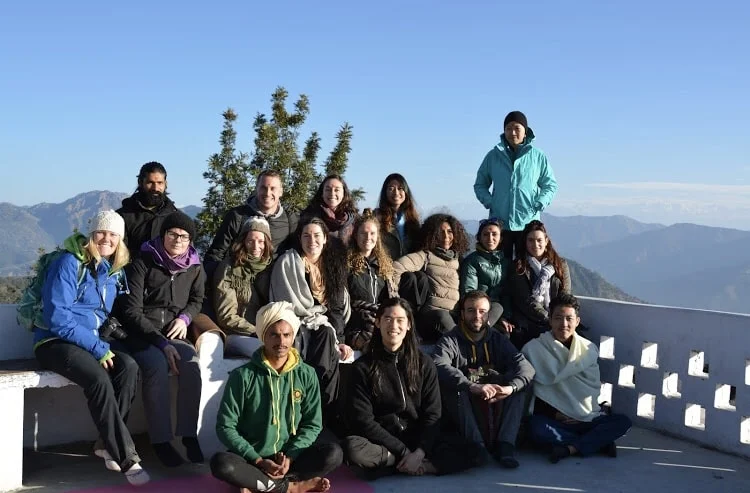
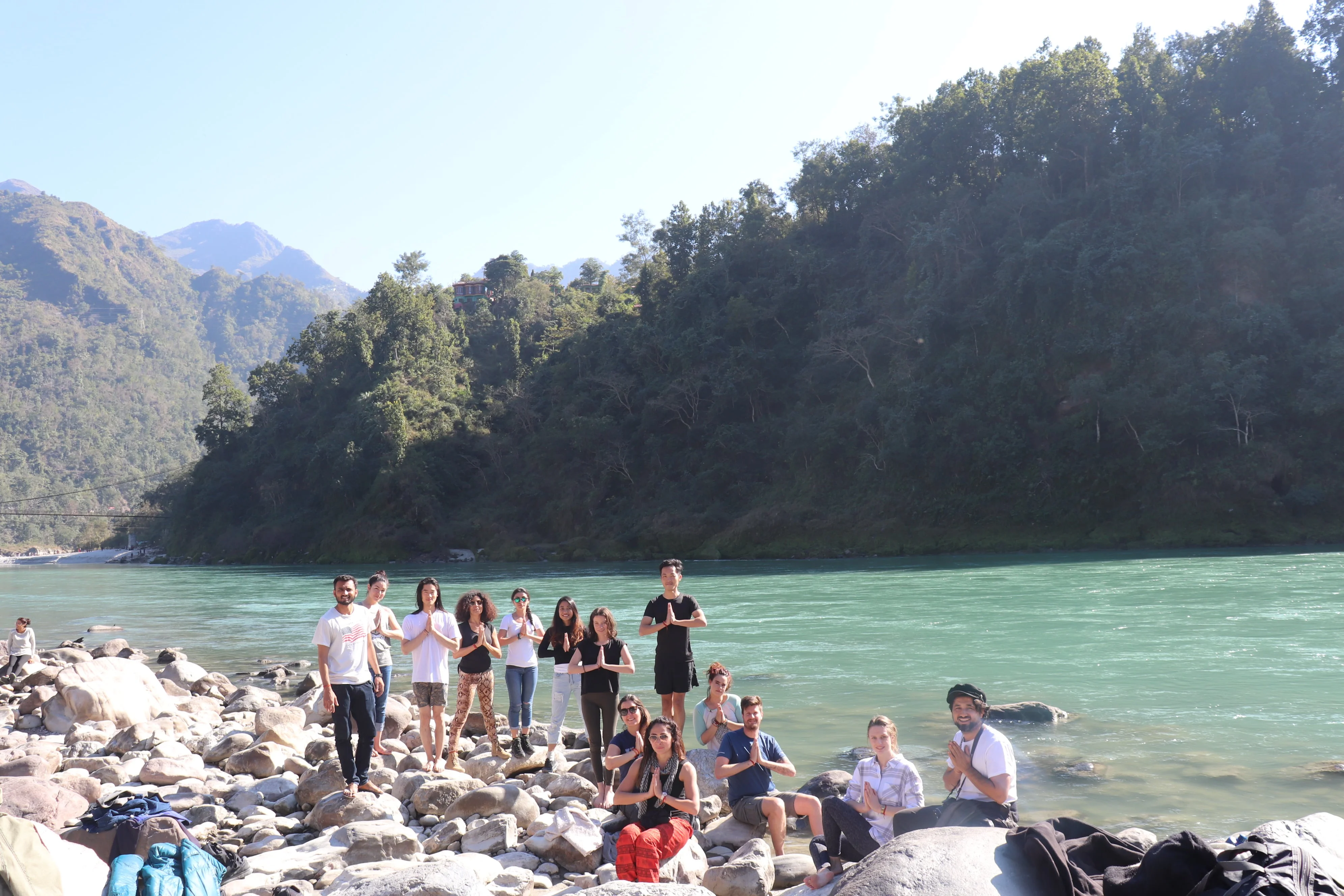
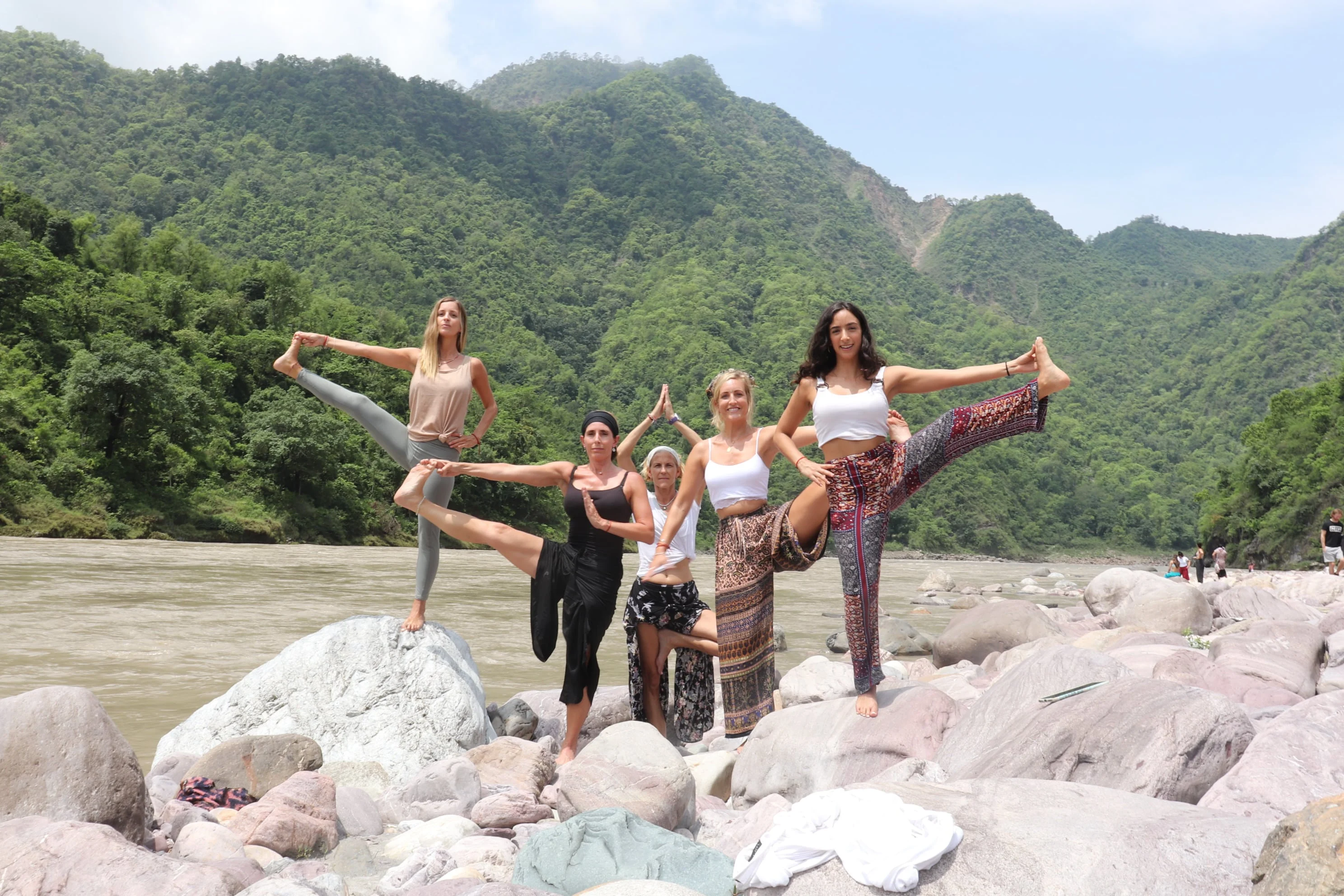
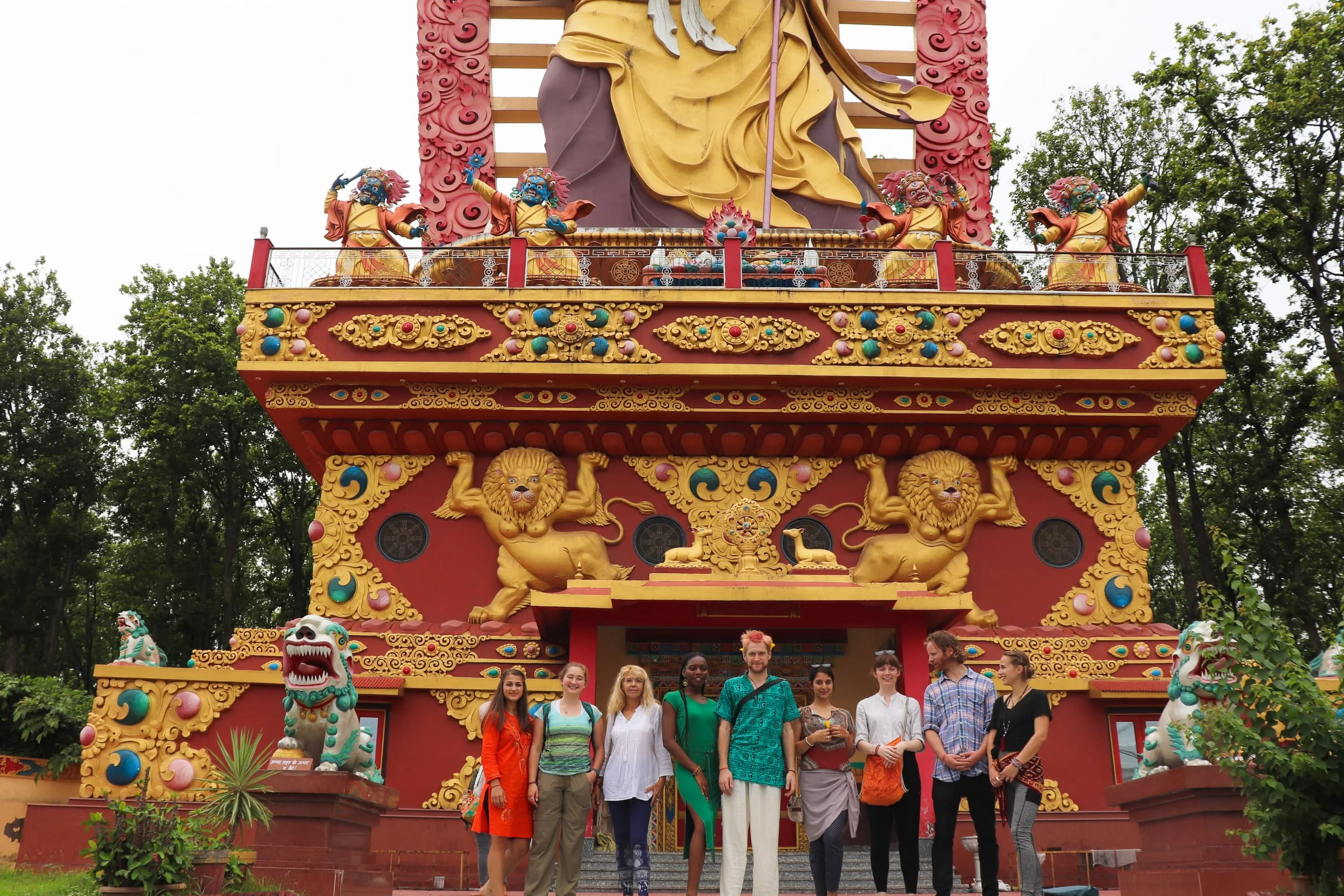

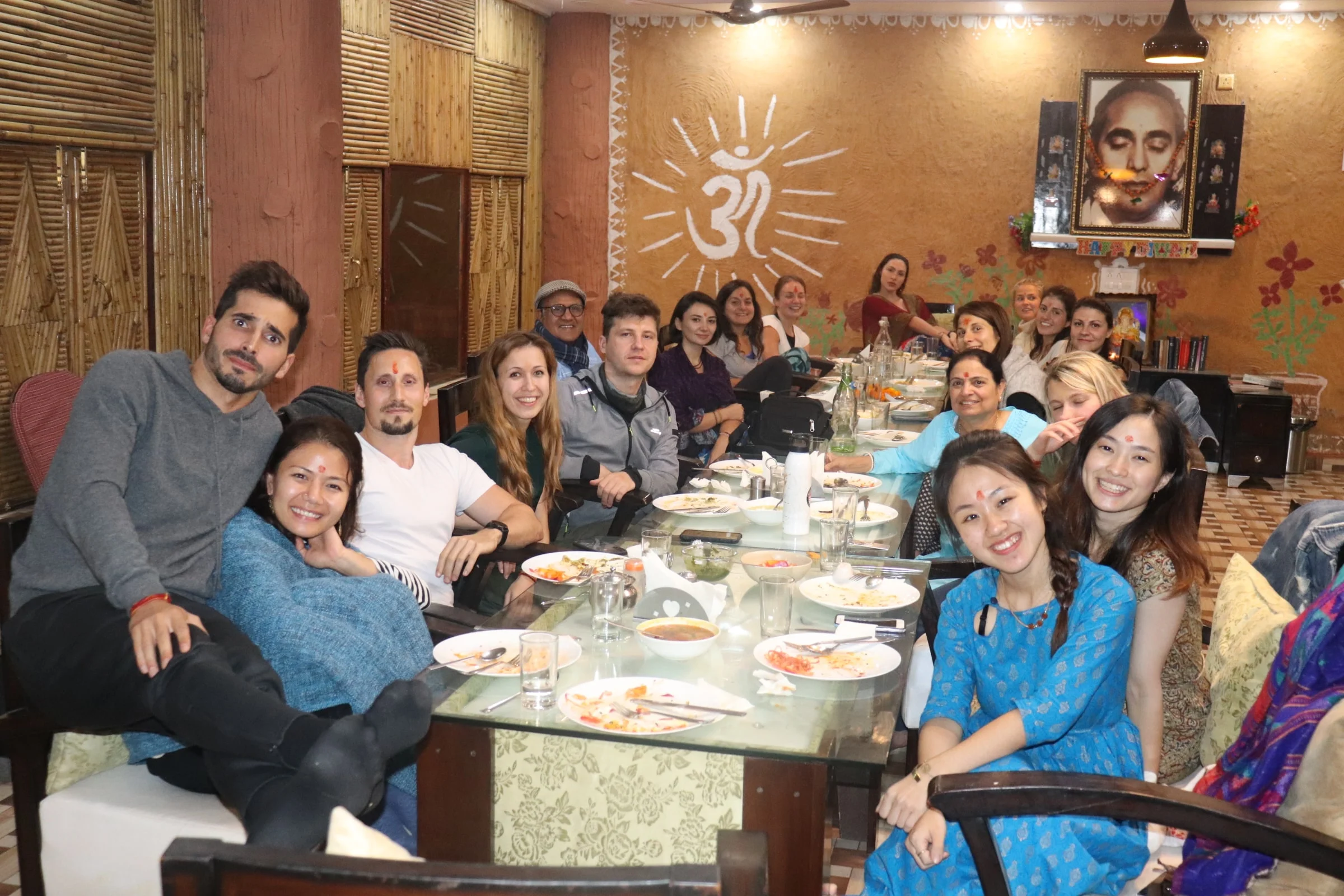
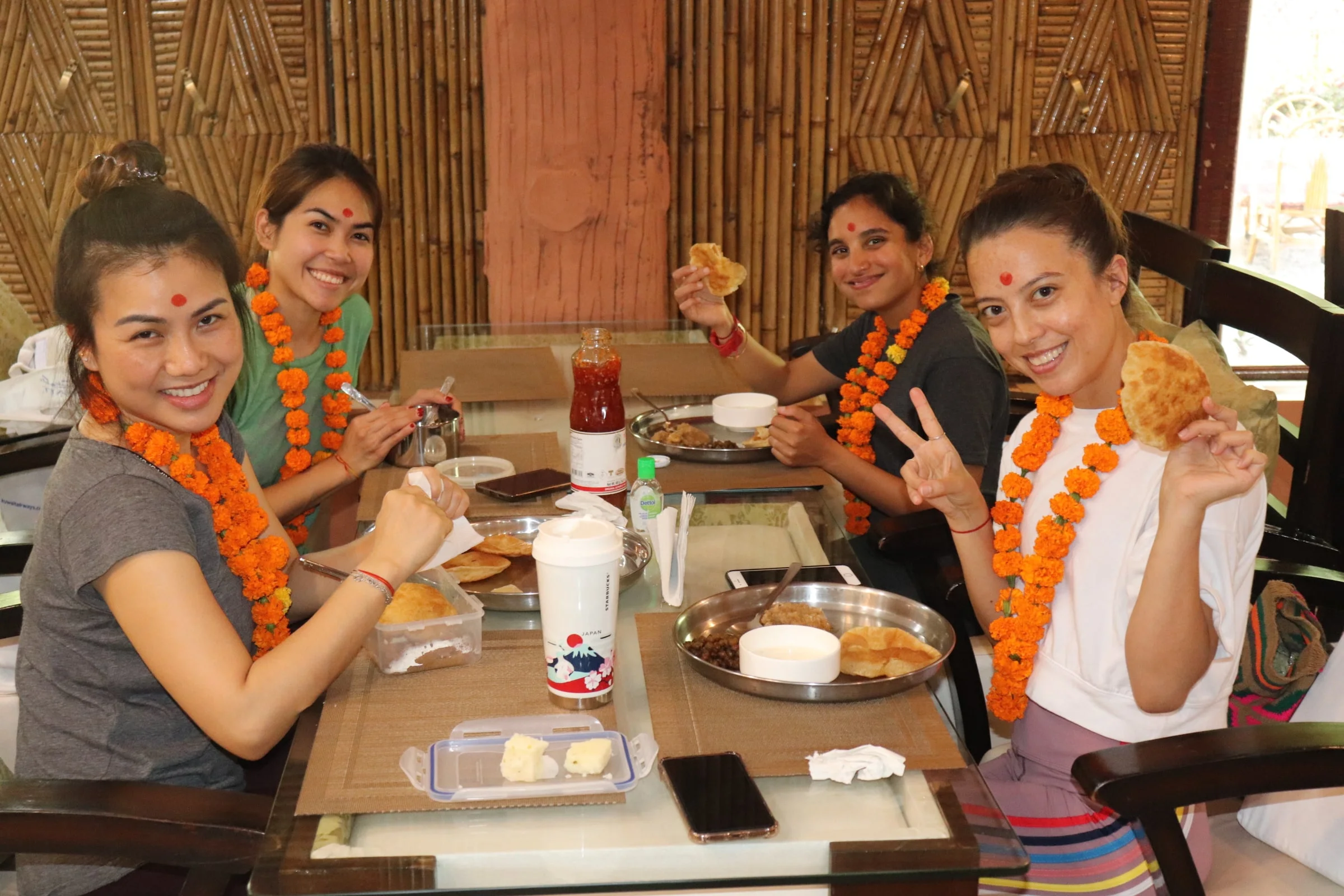

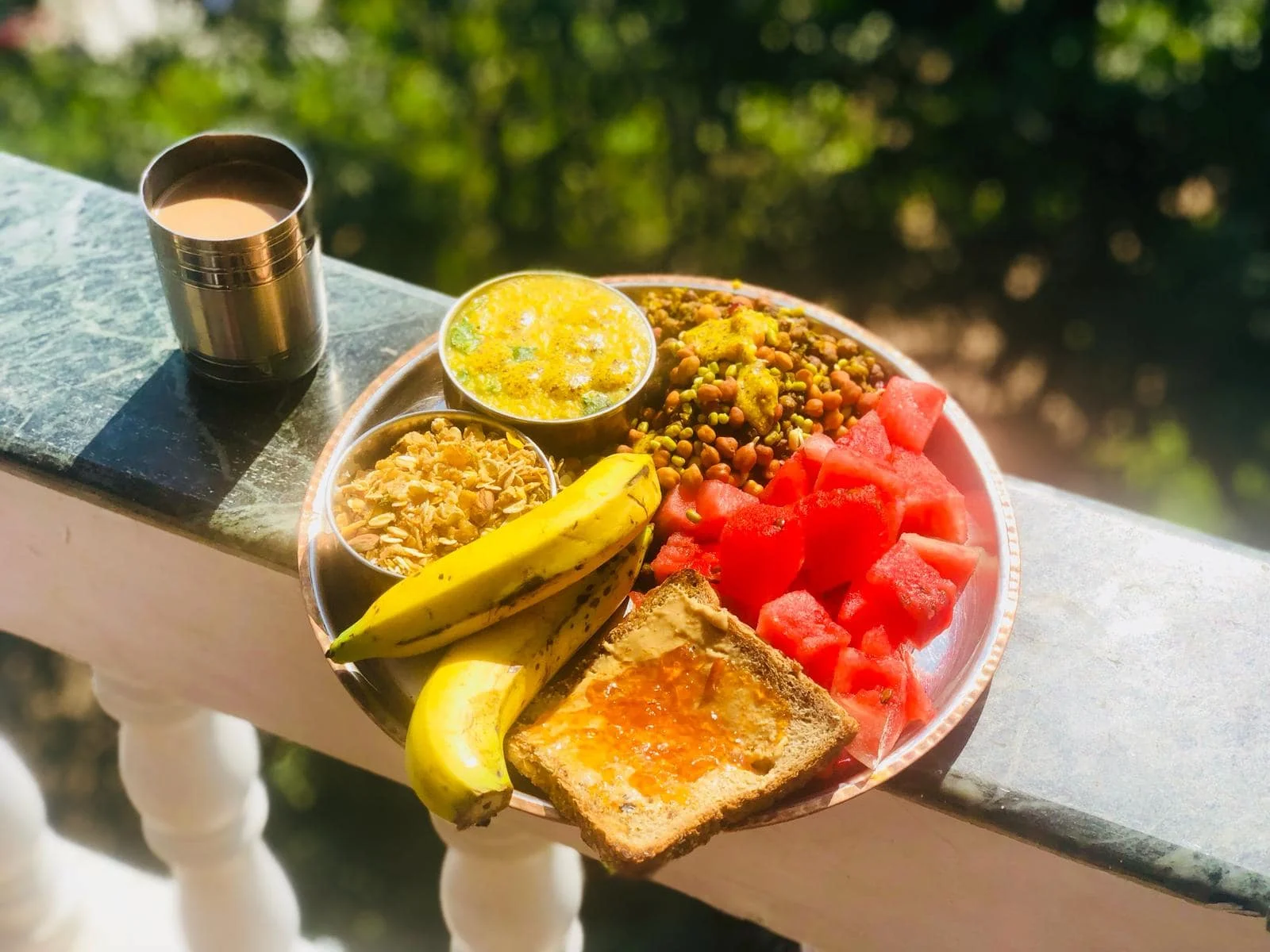


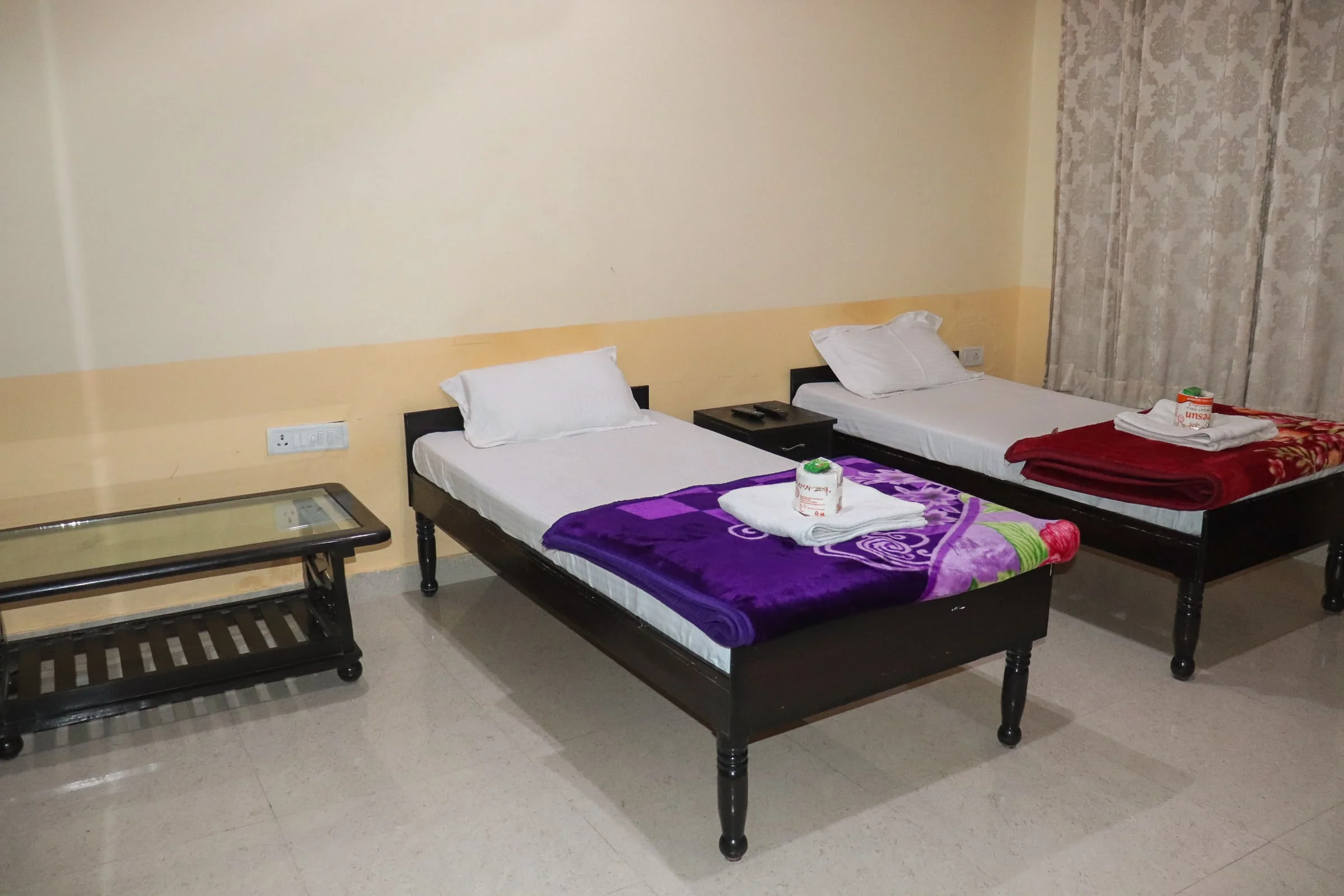
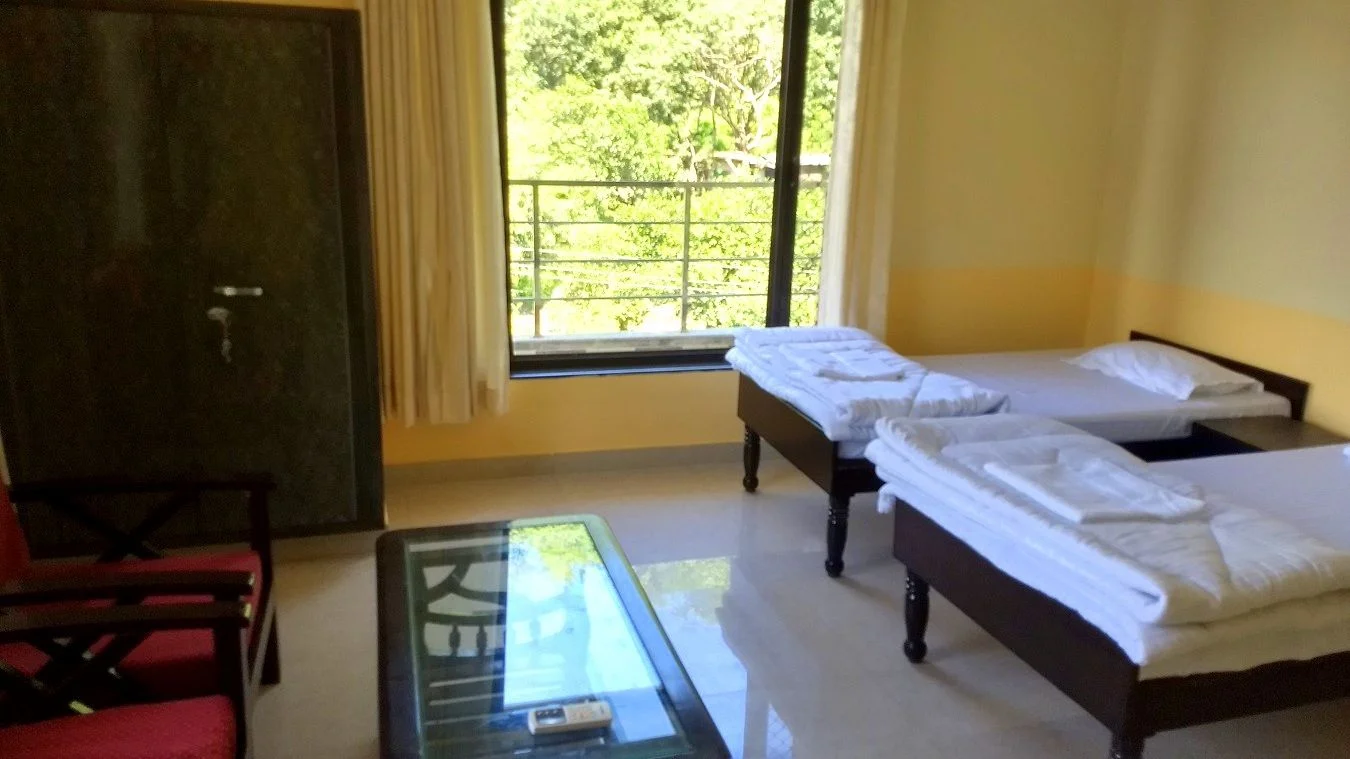




 2 Interested
2 Interested